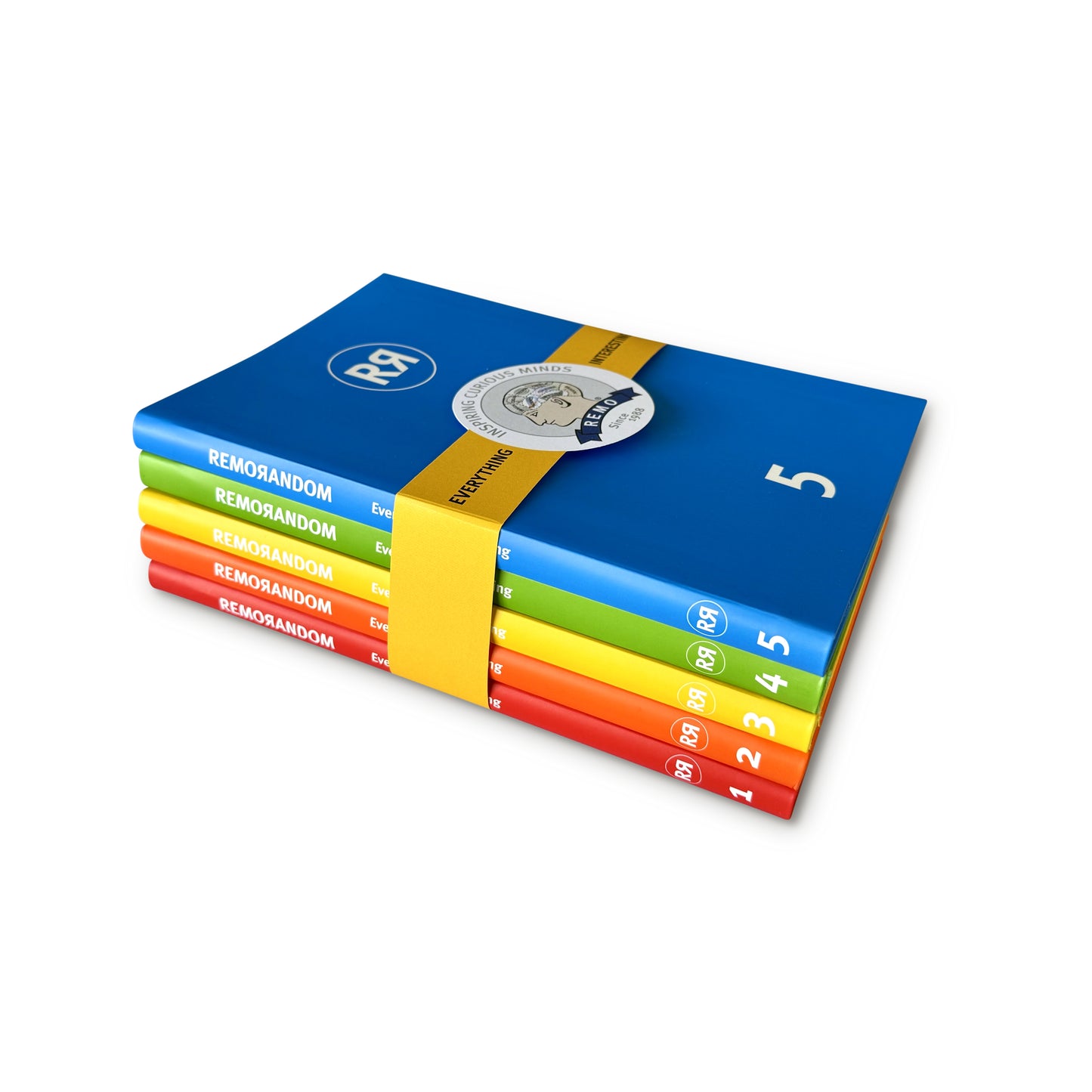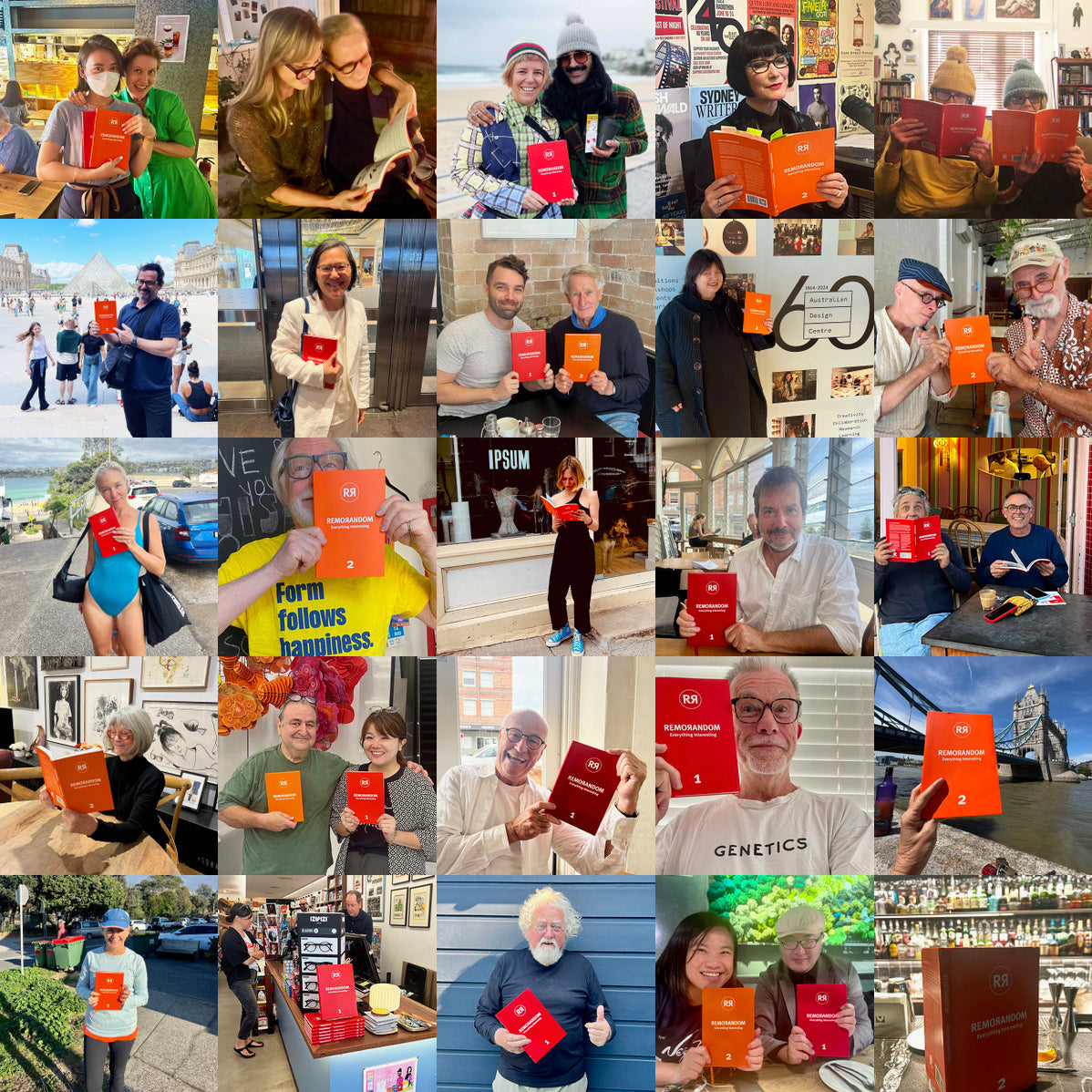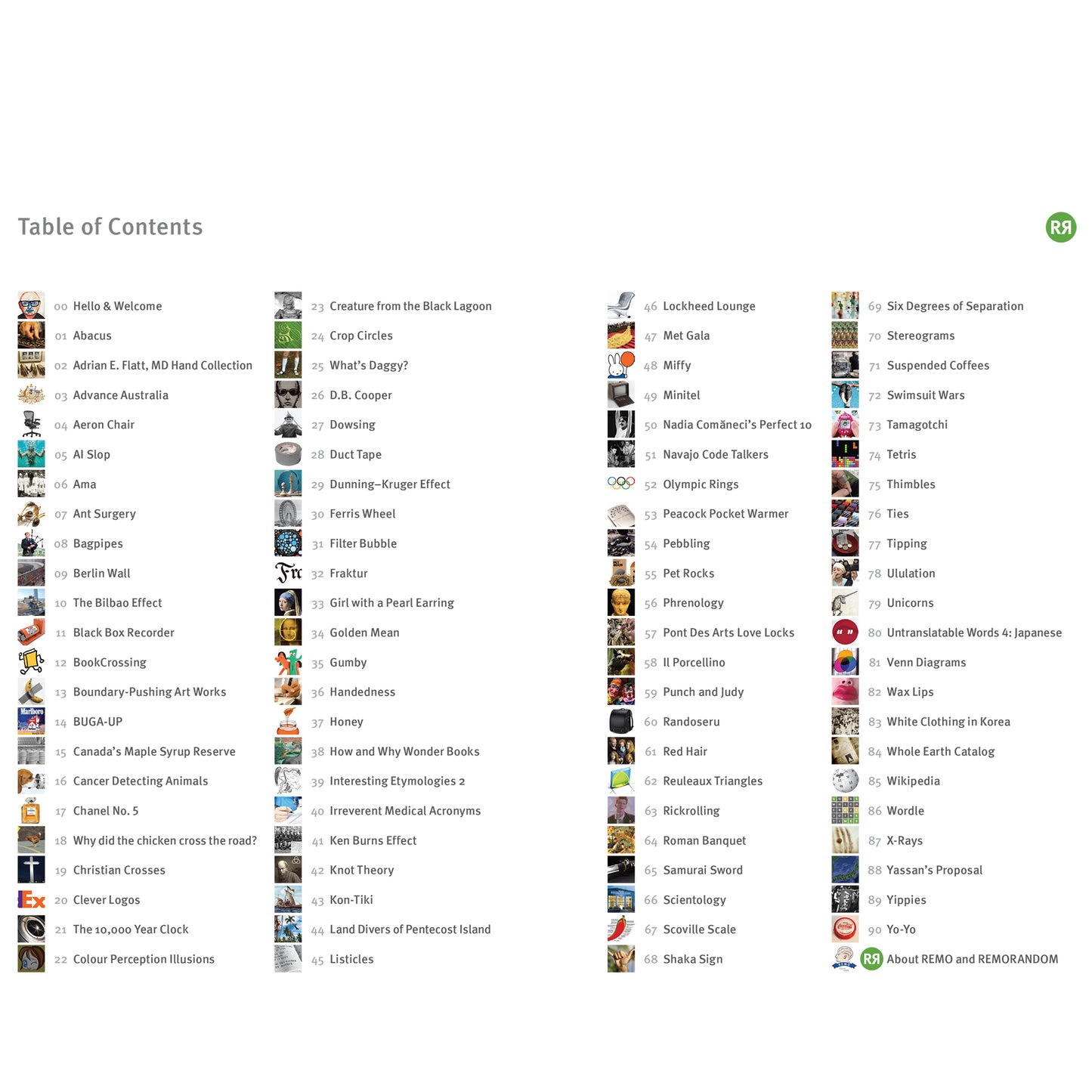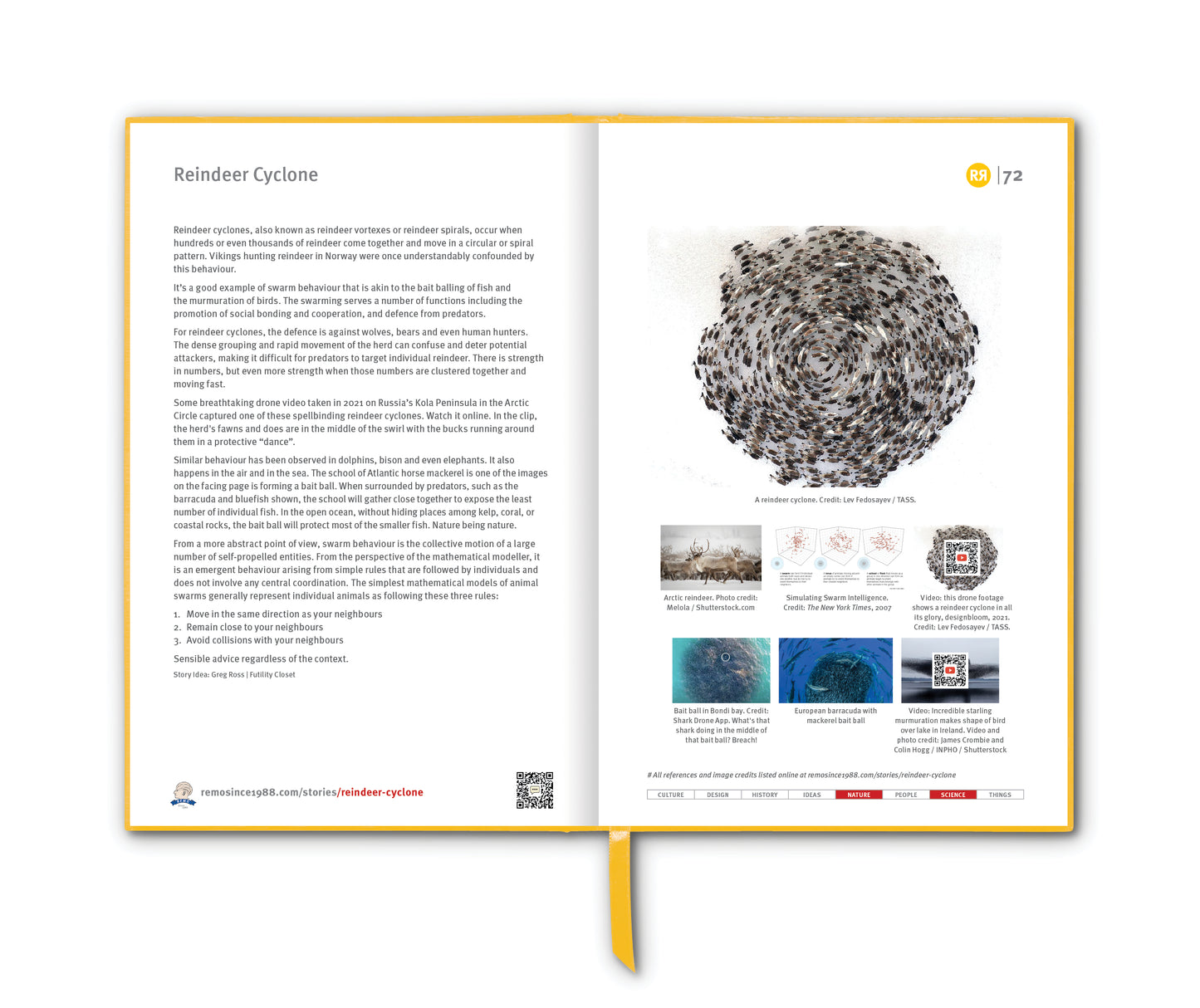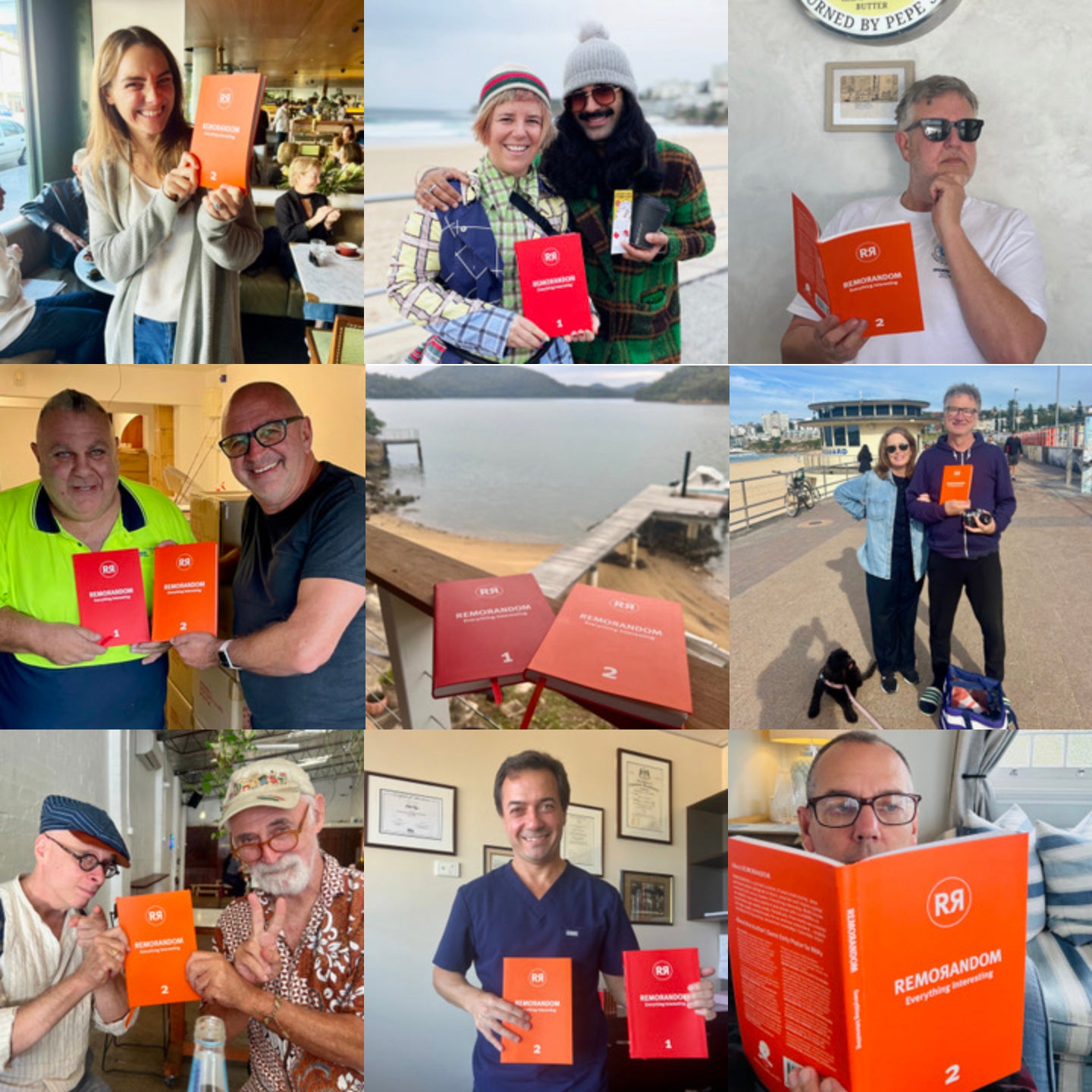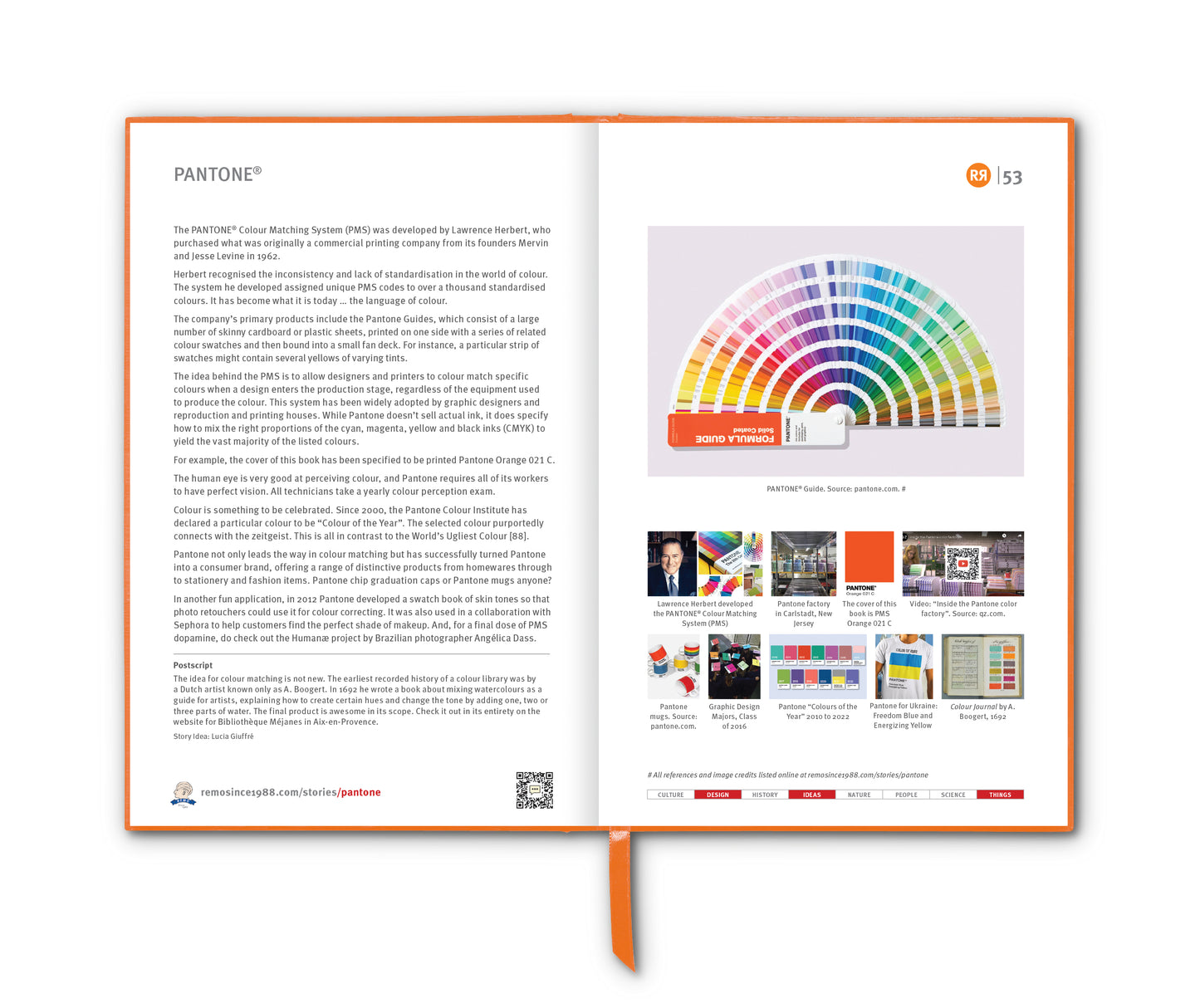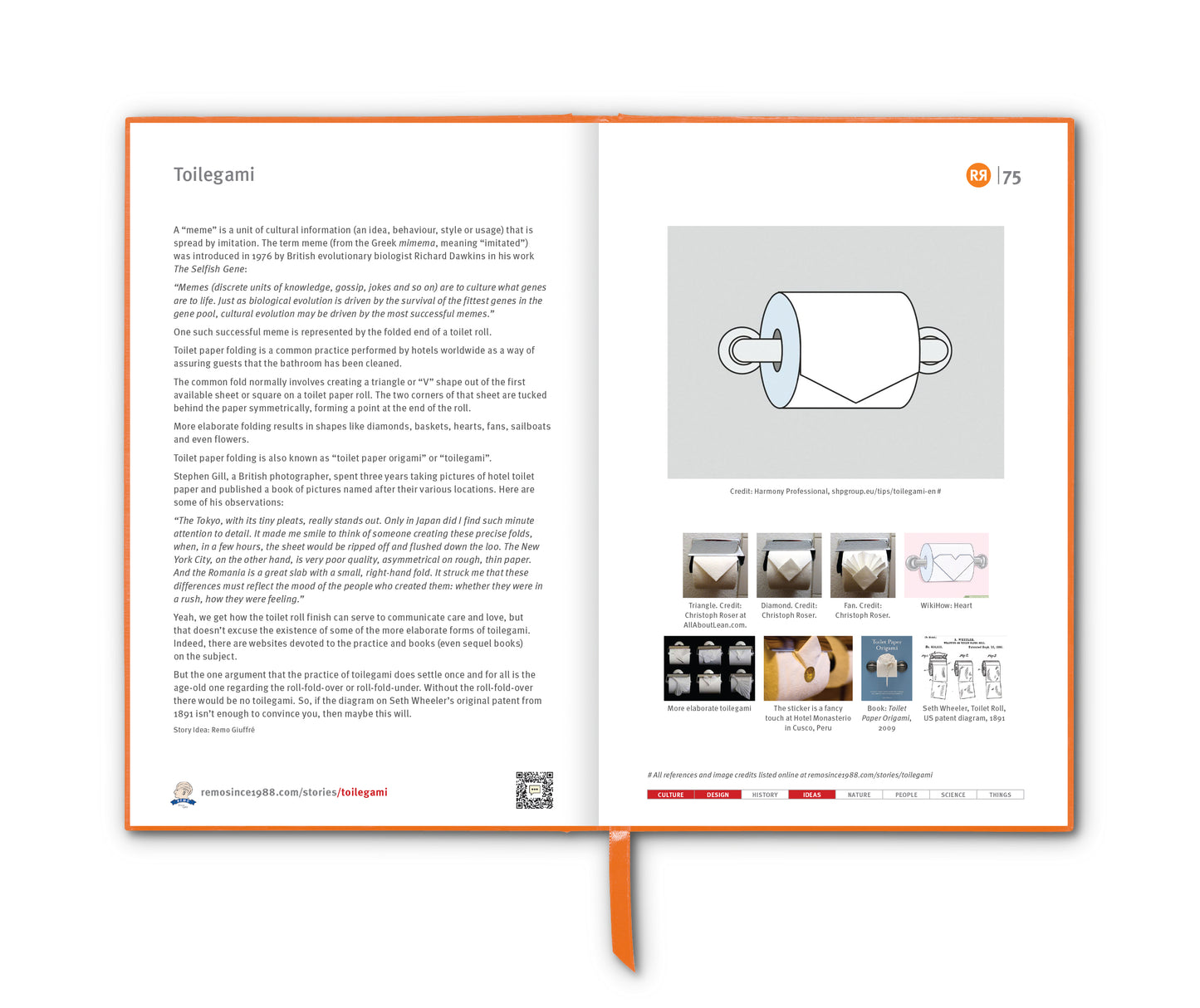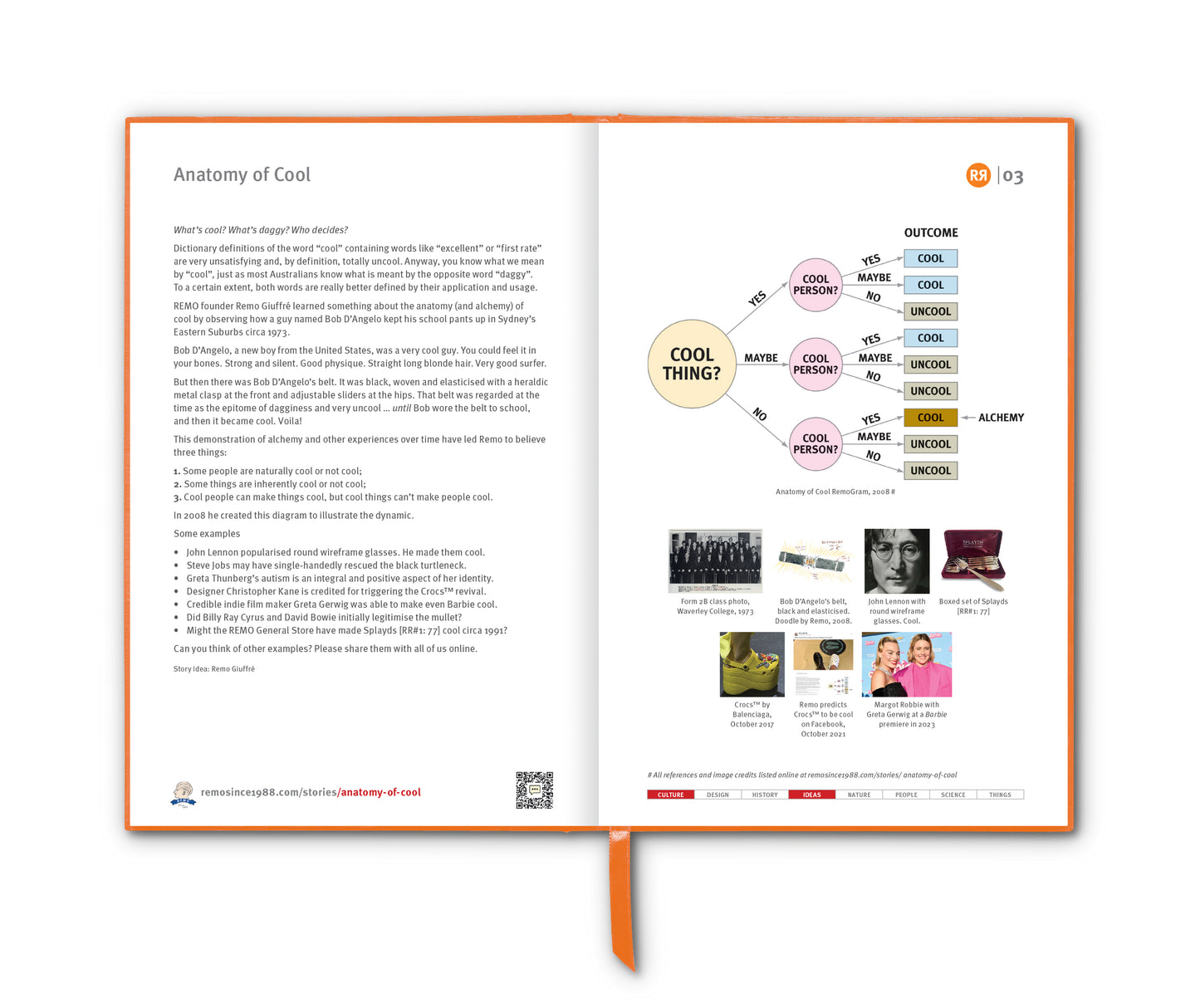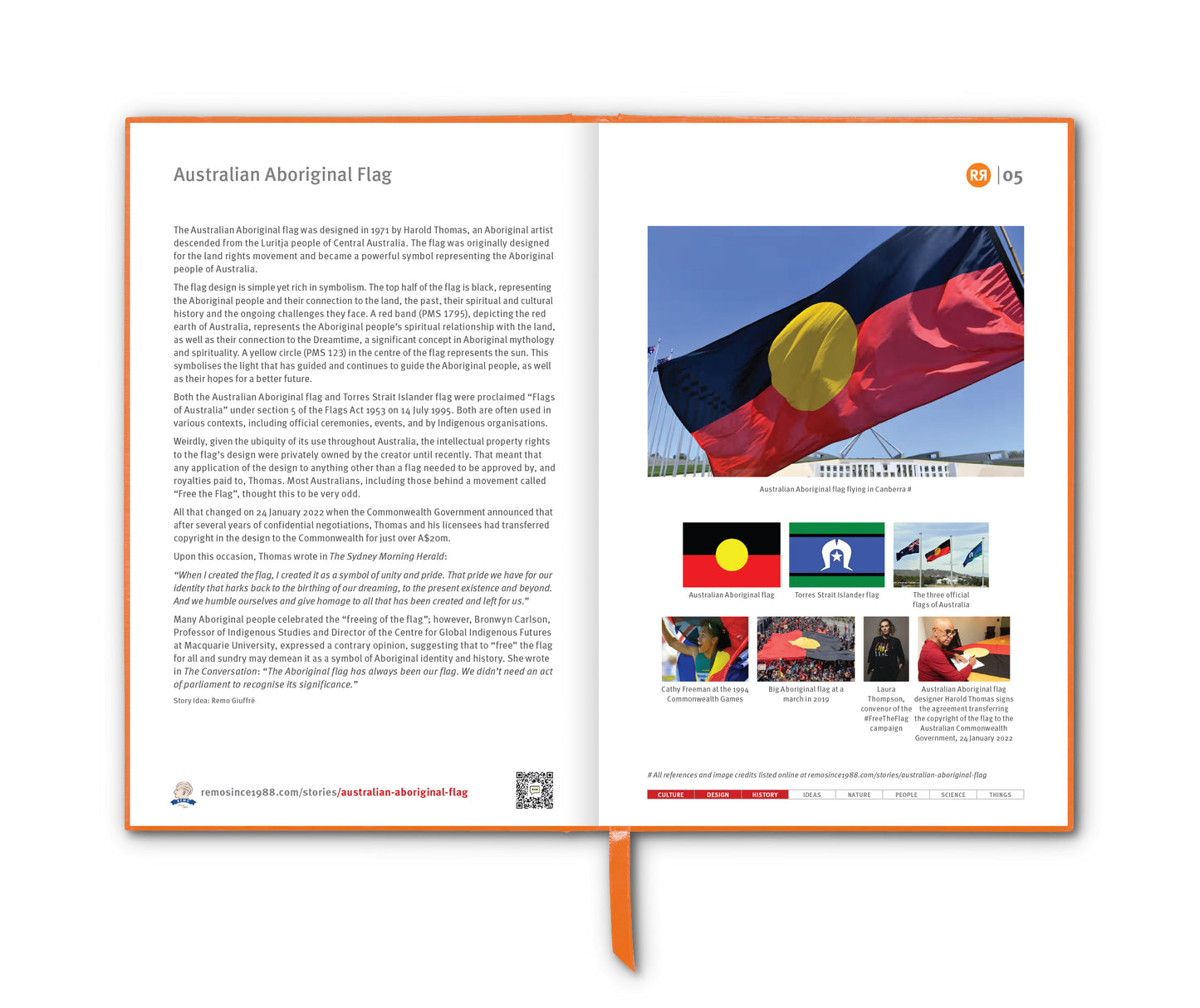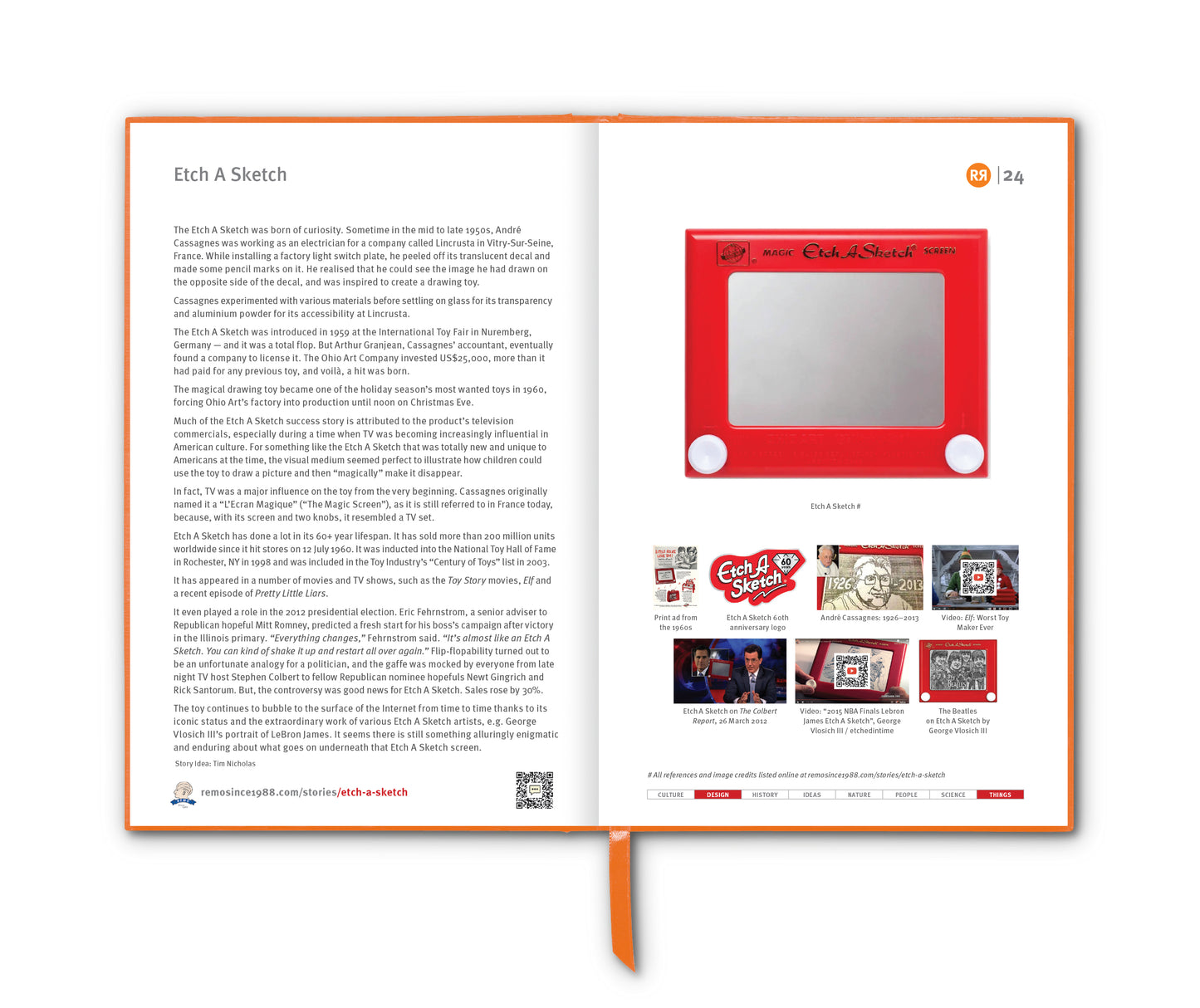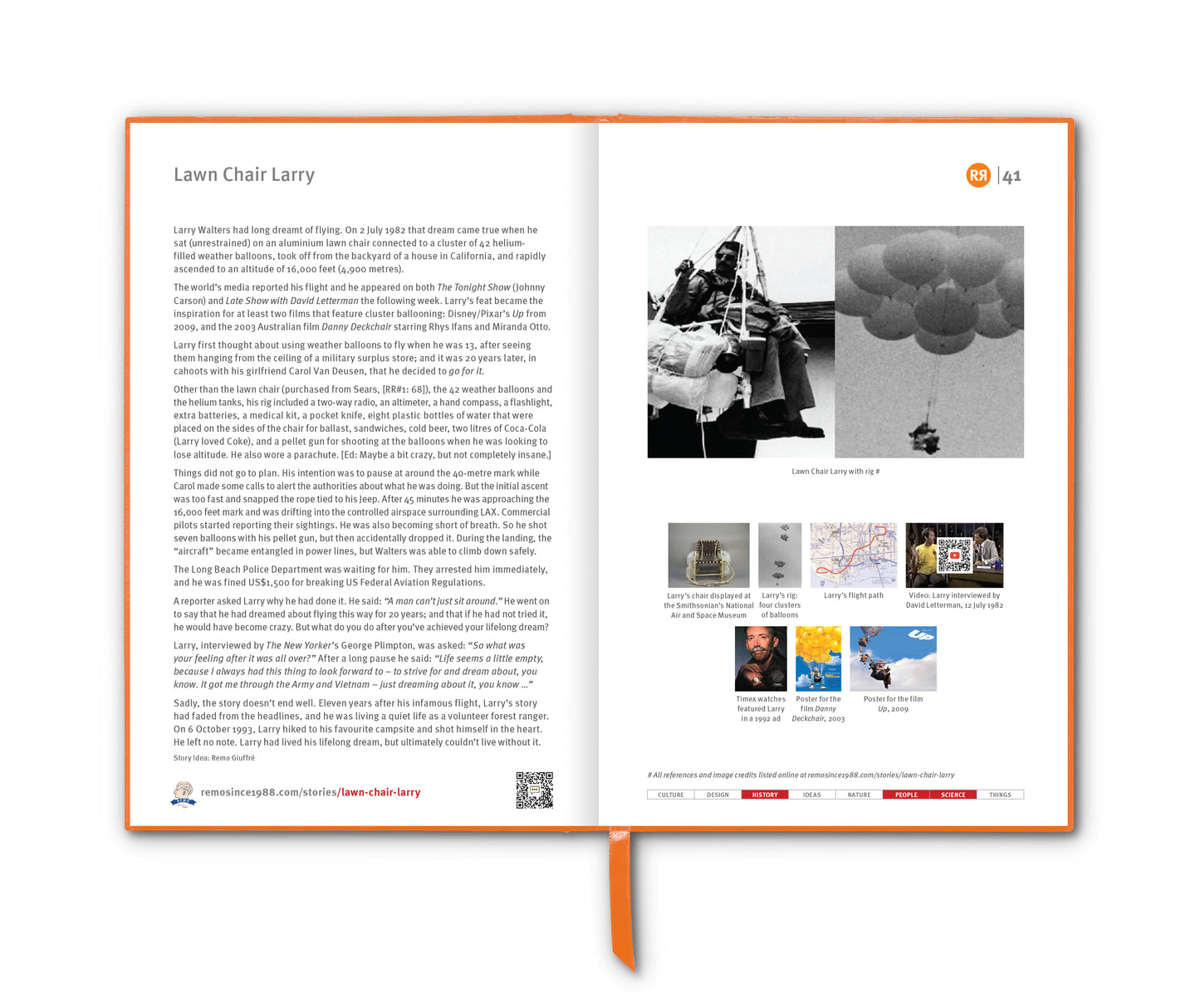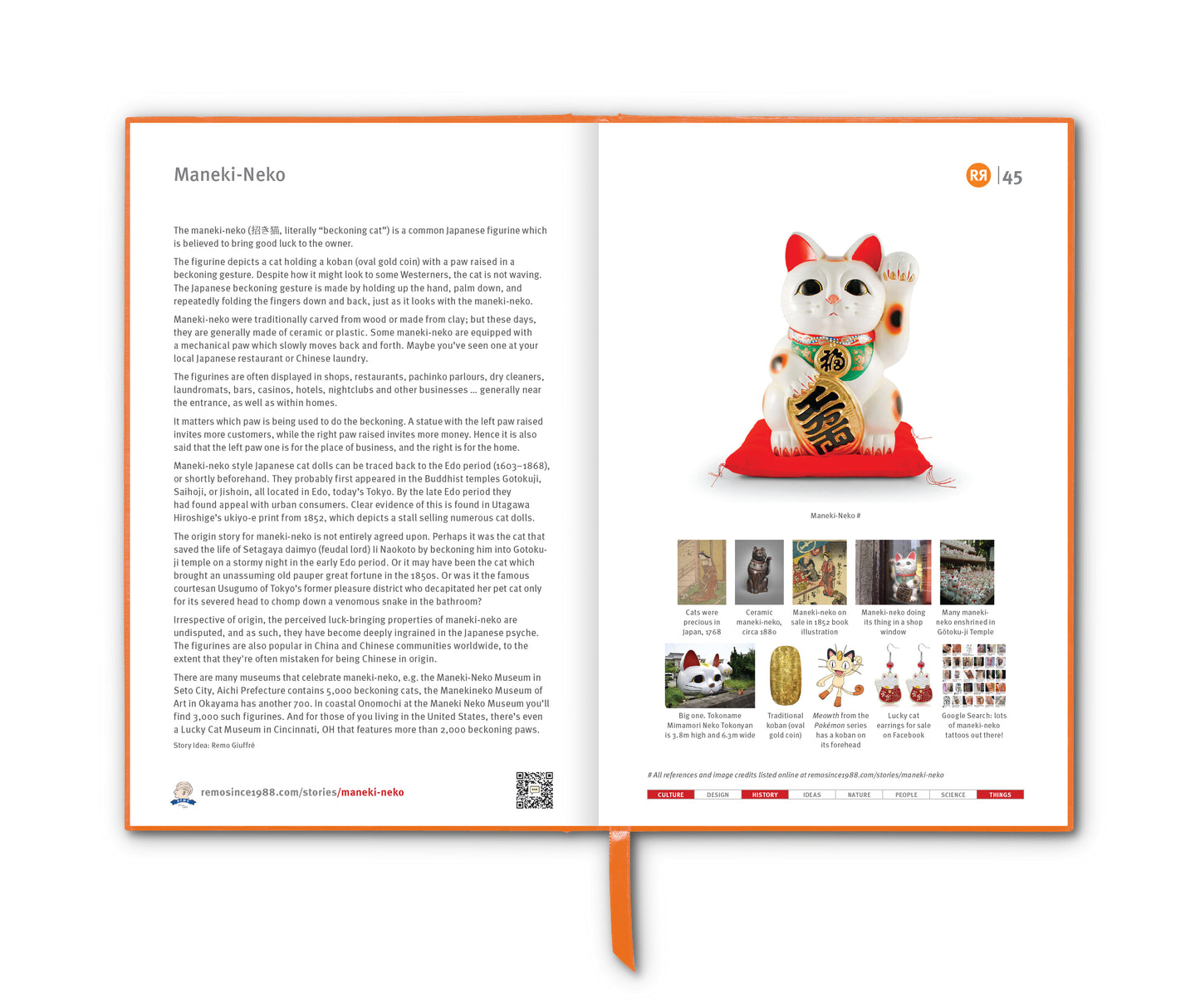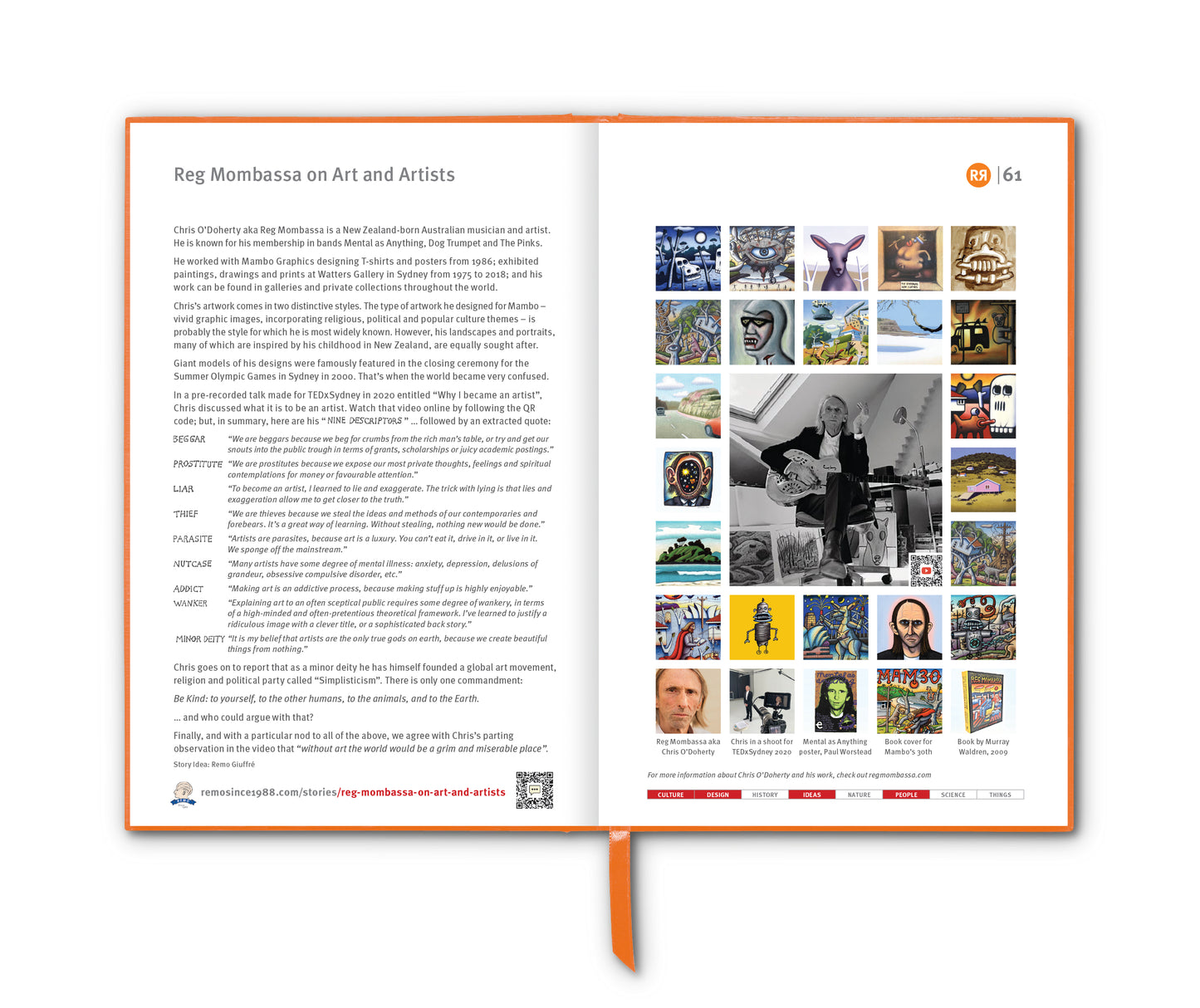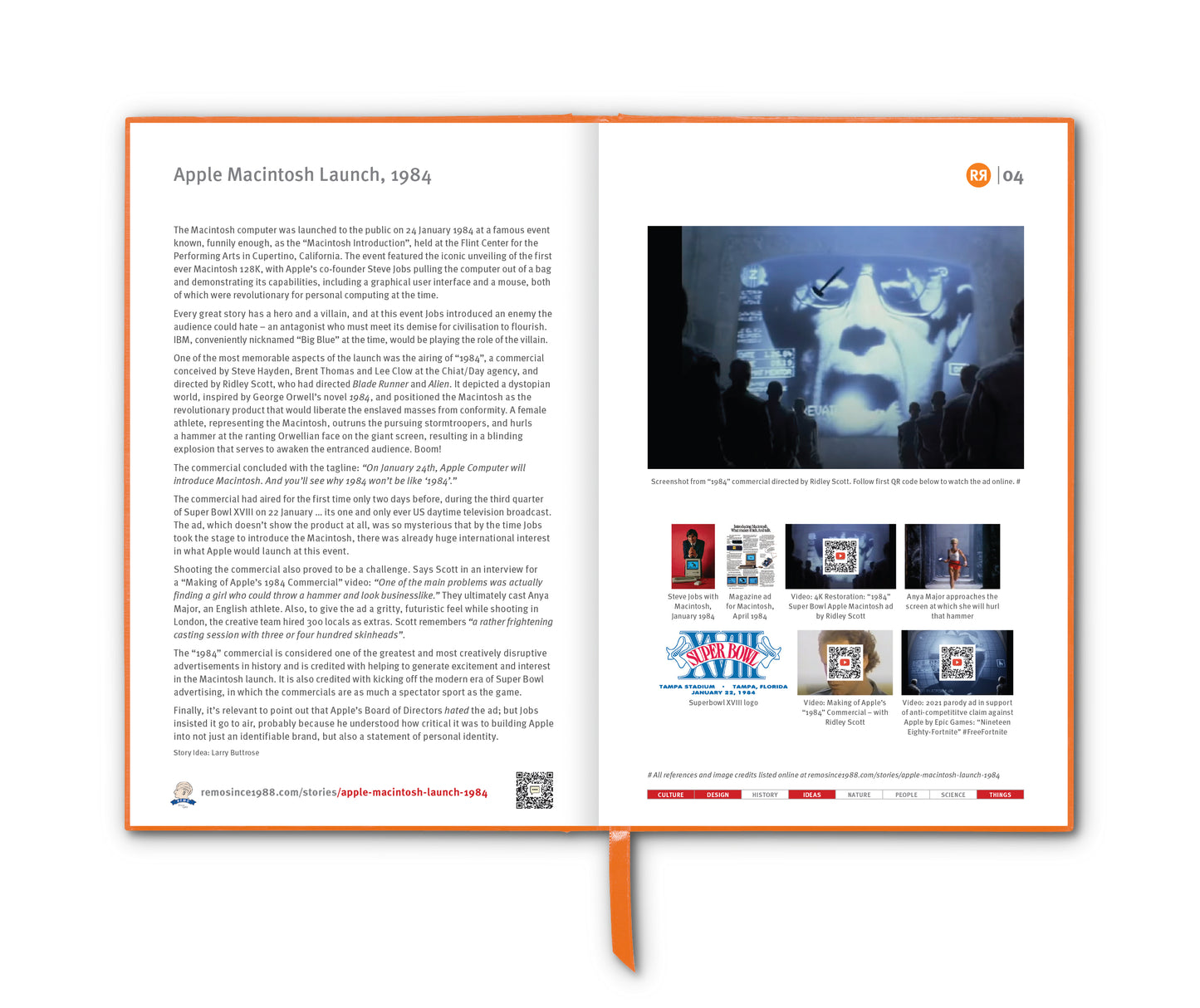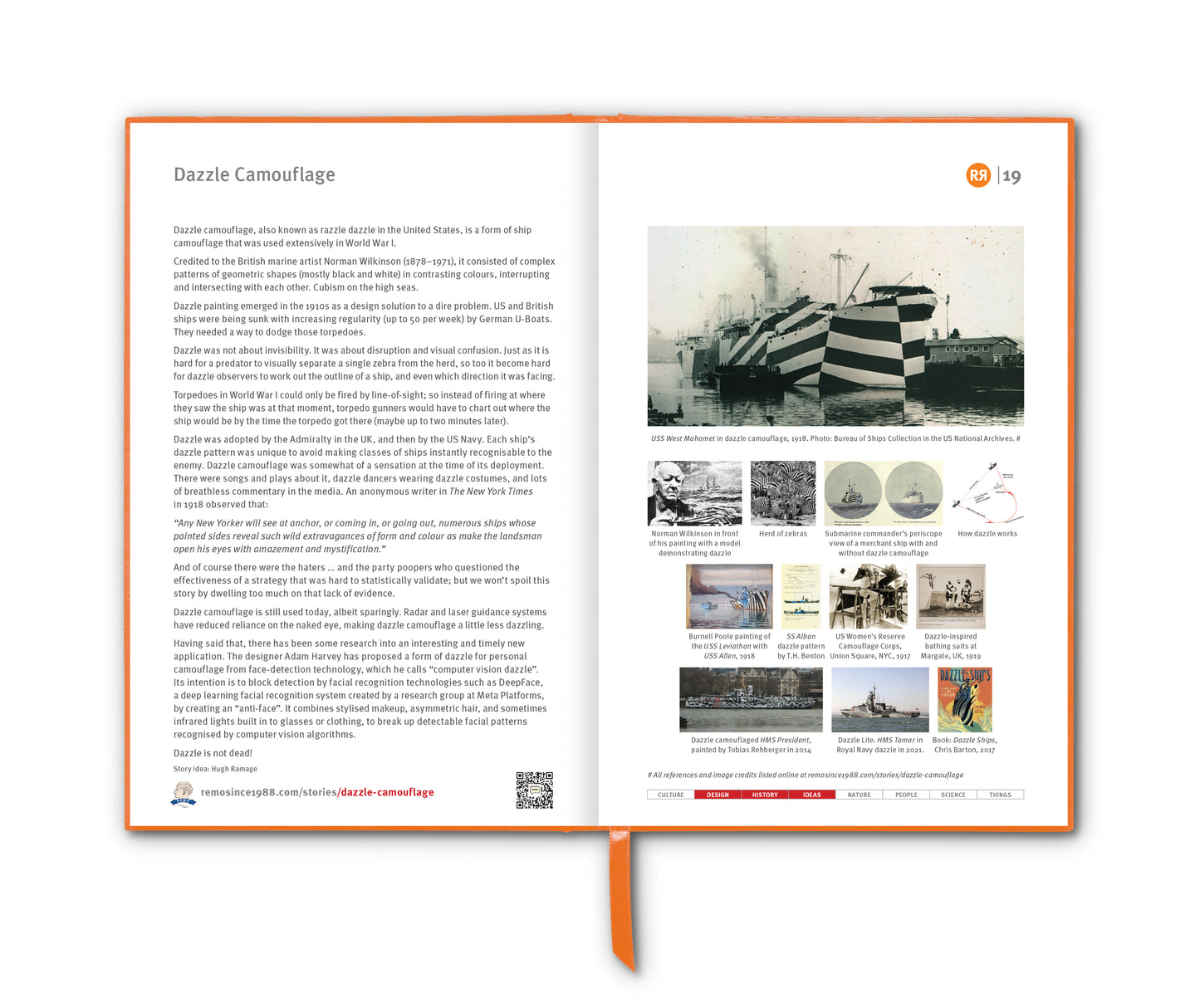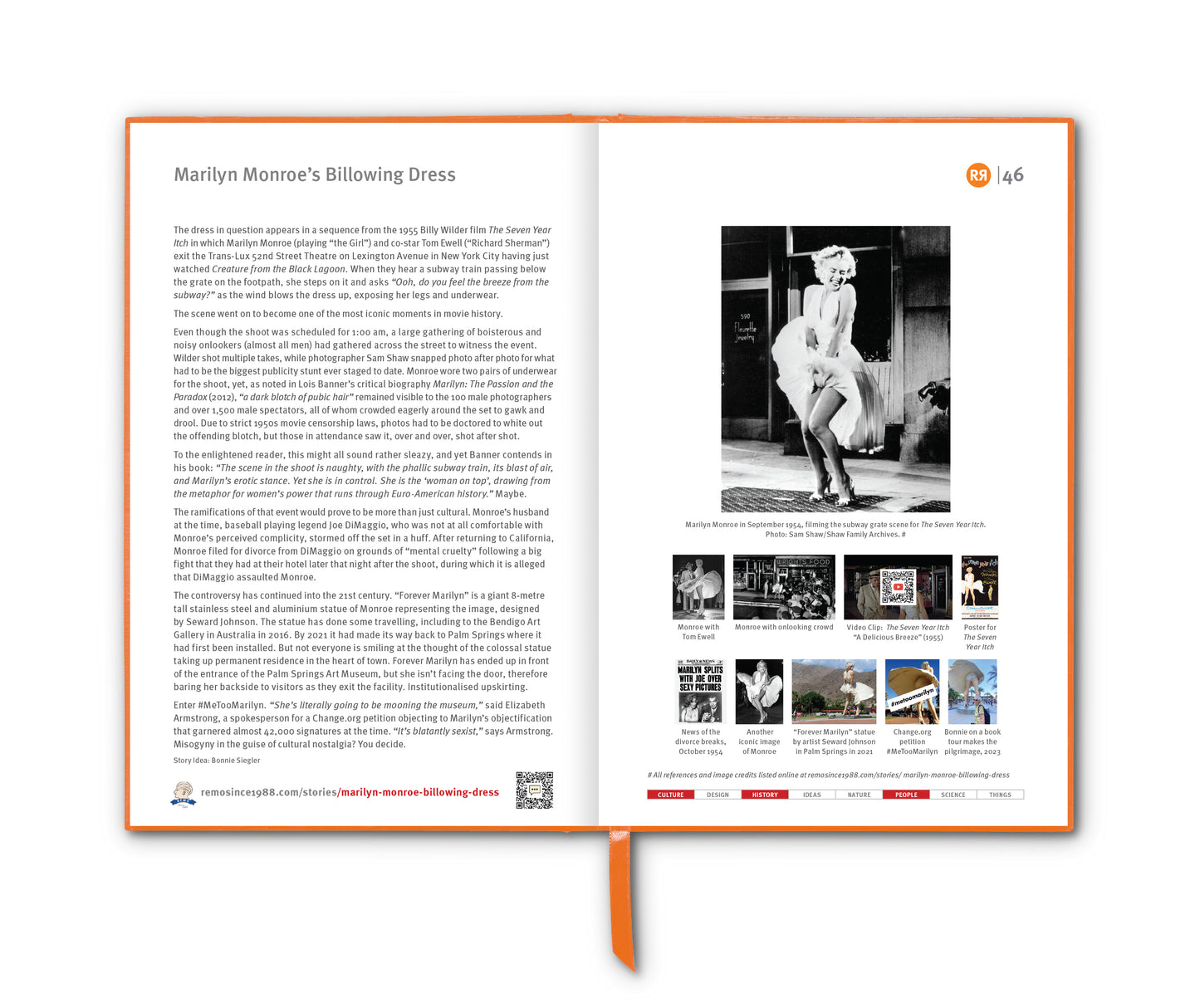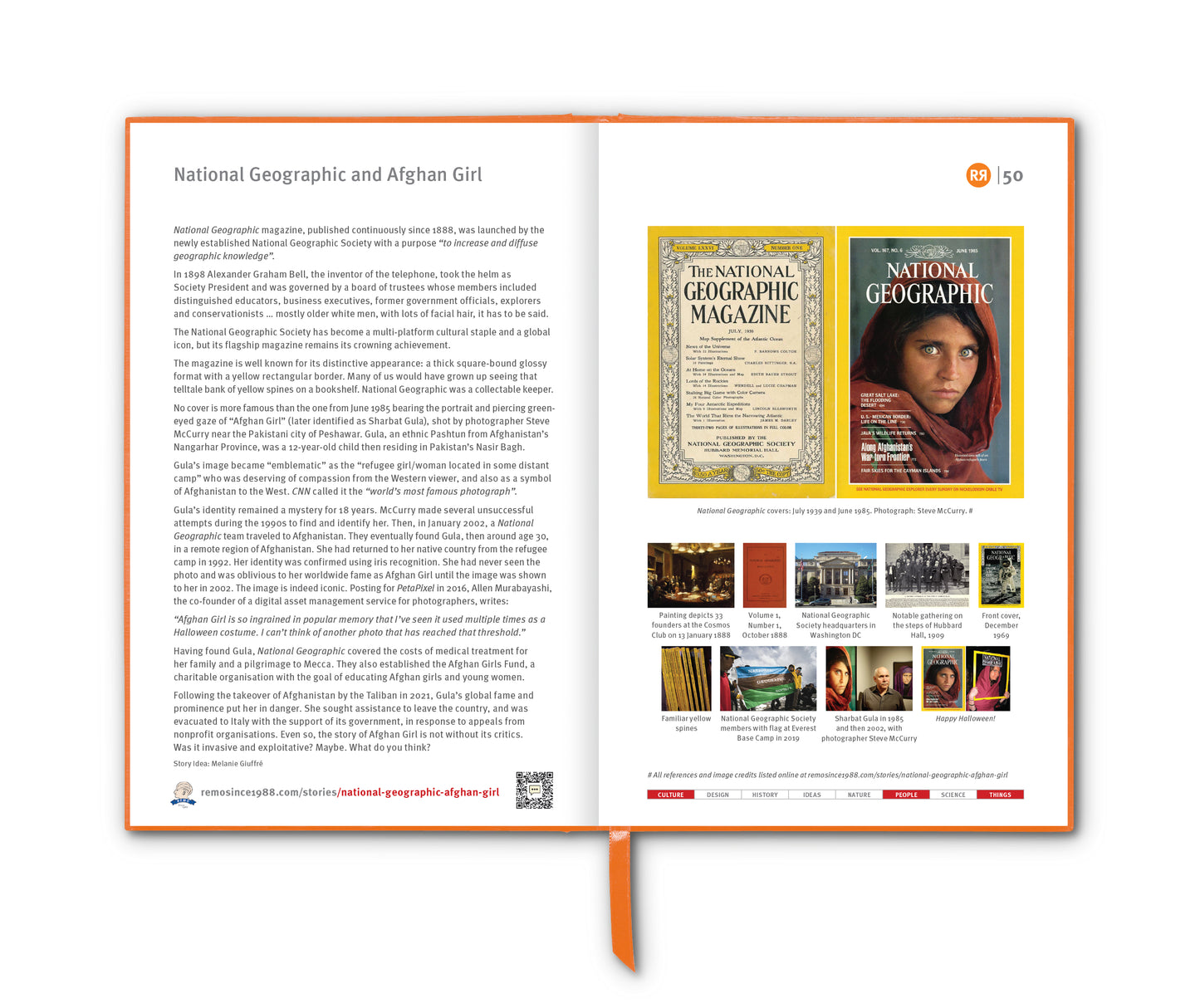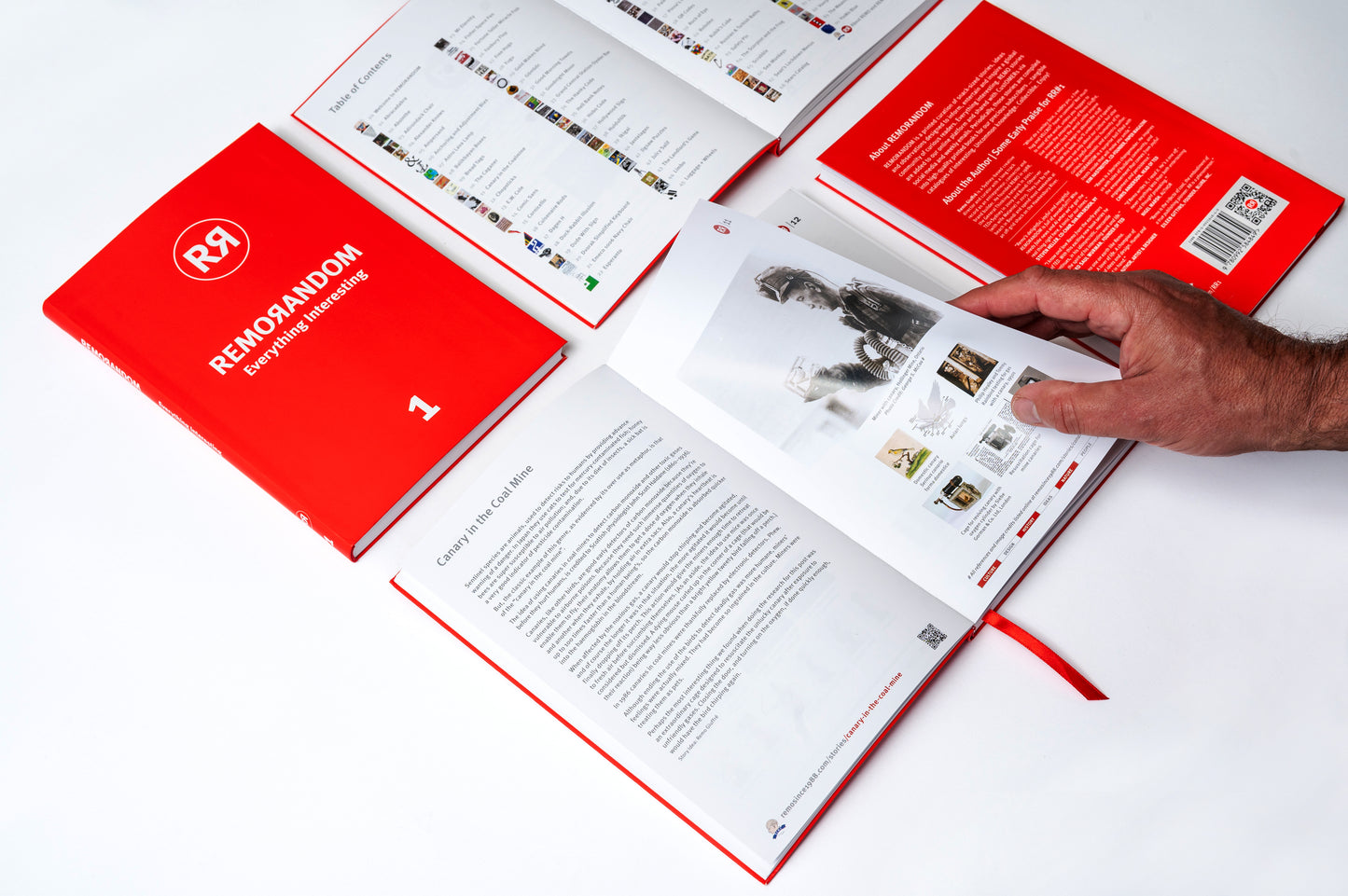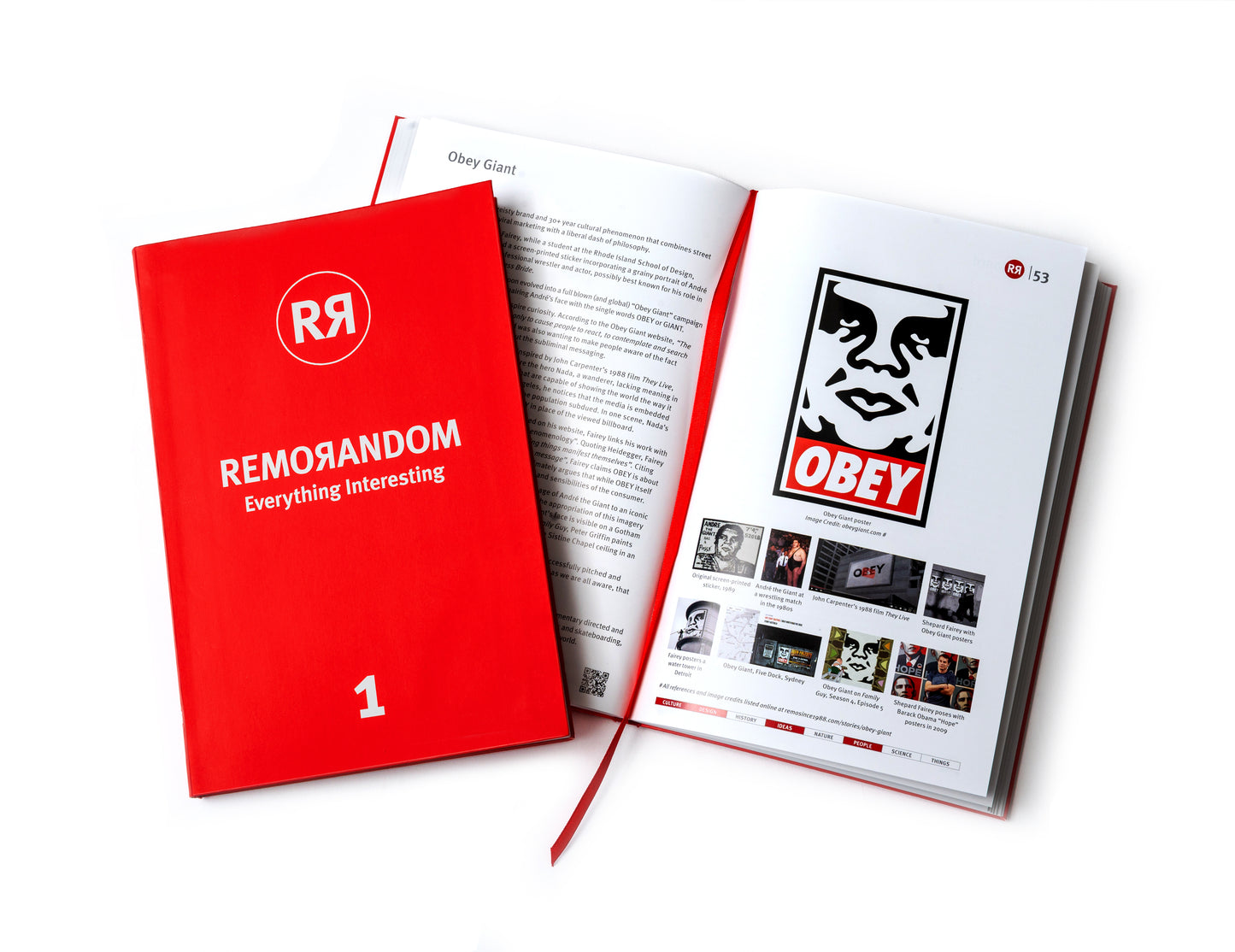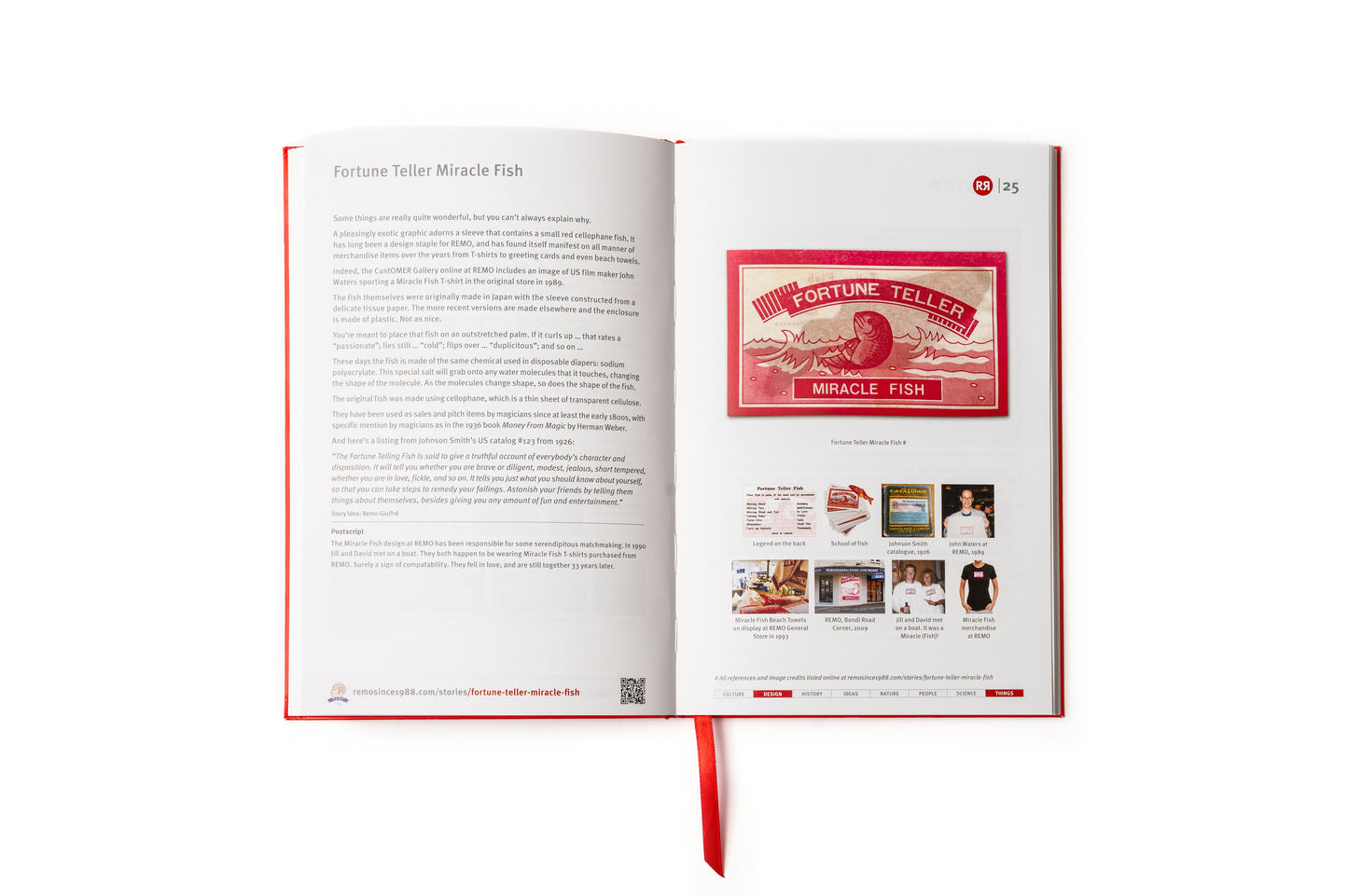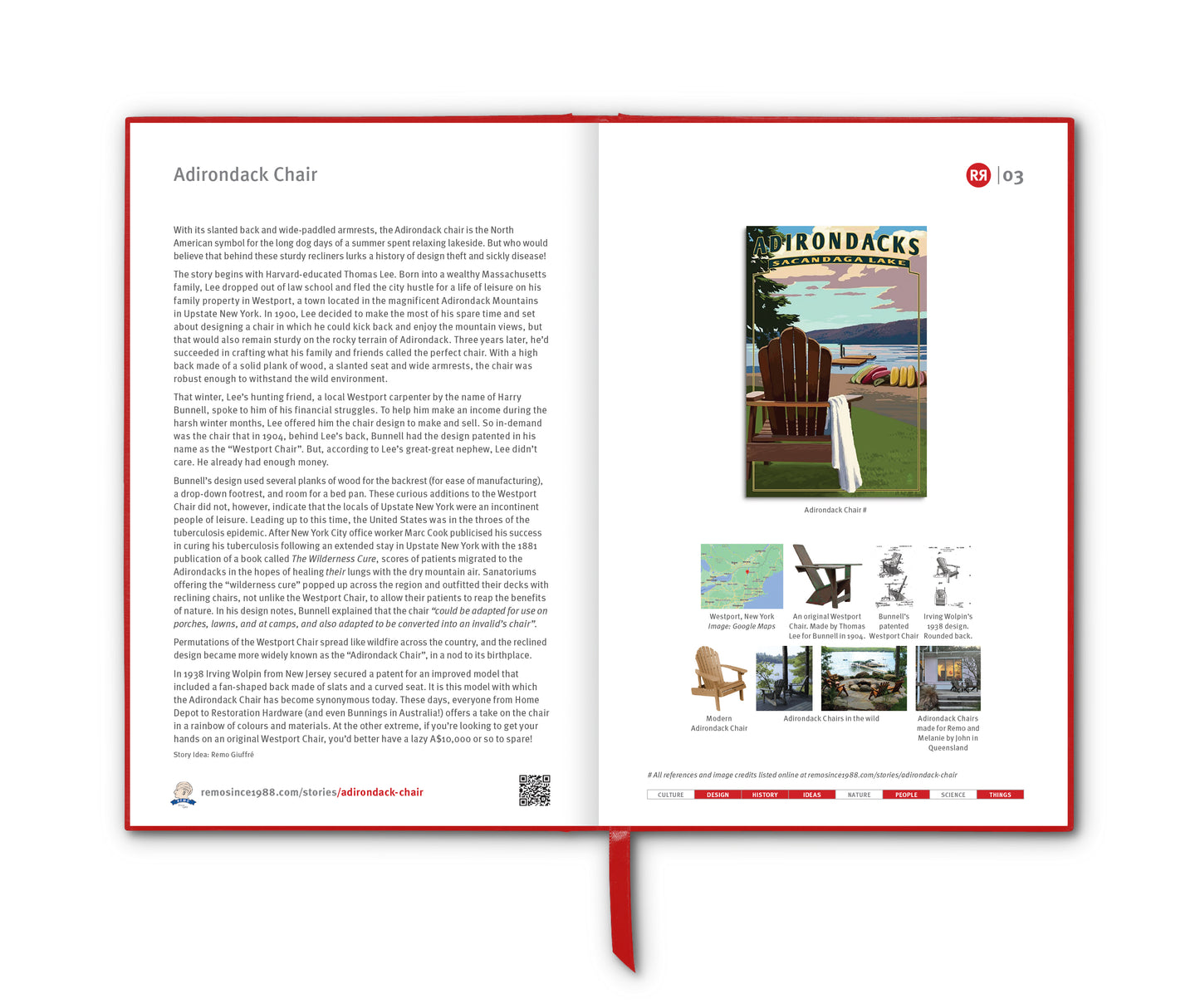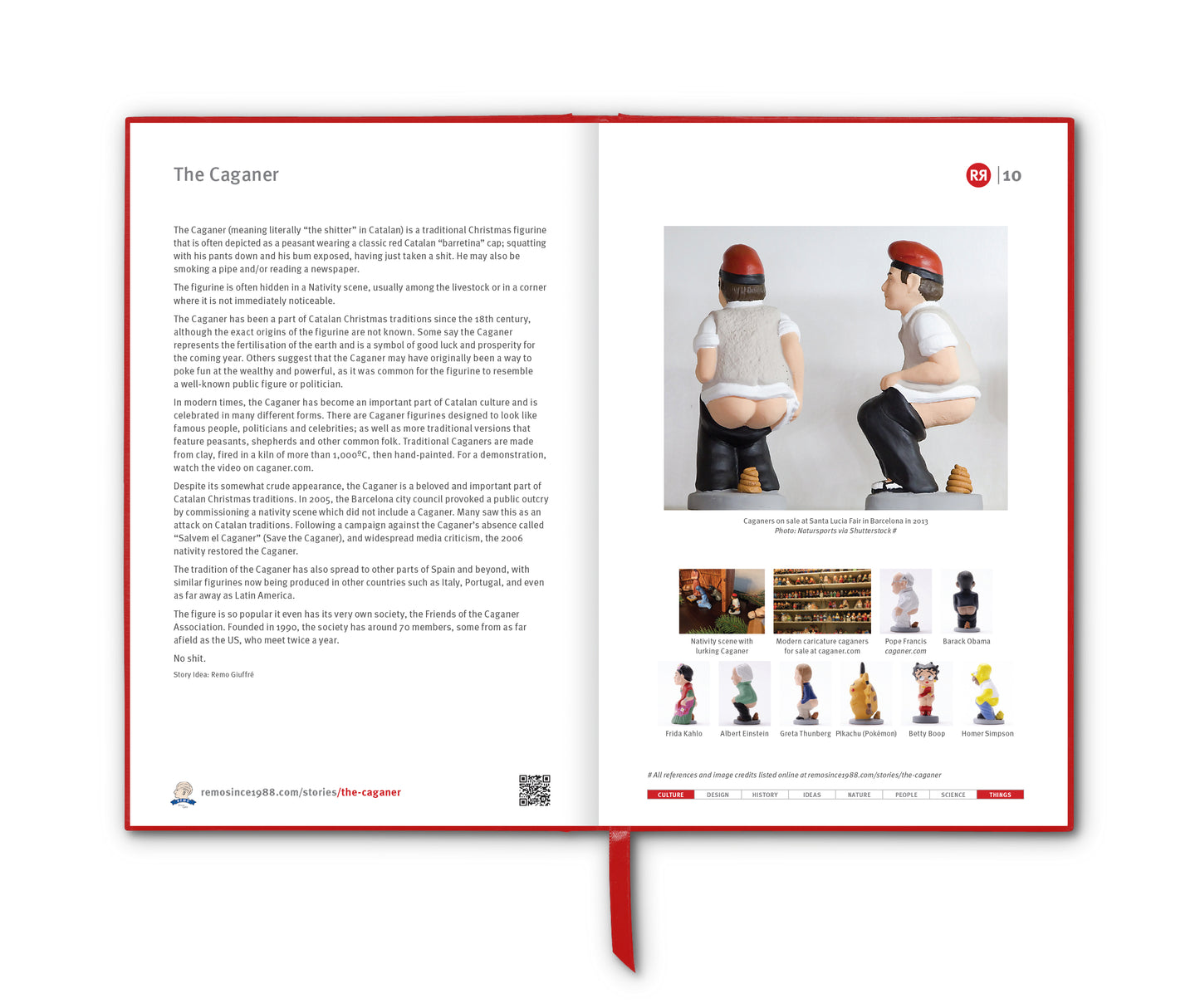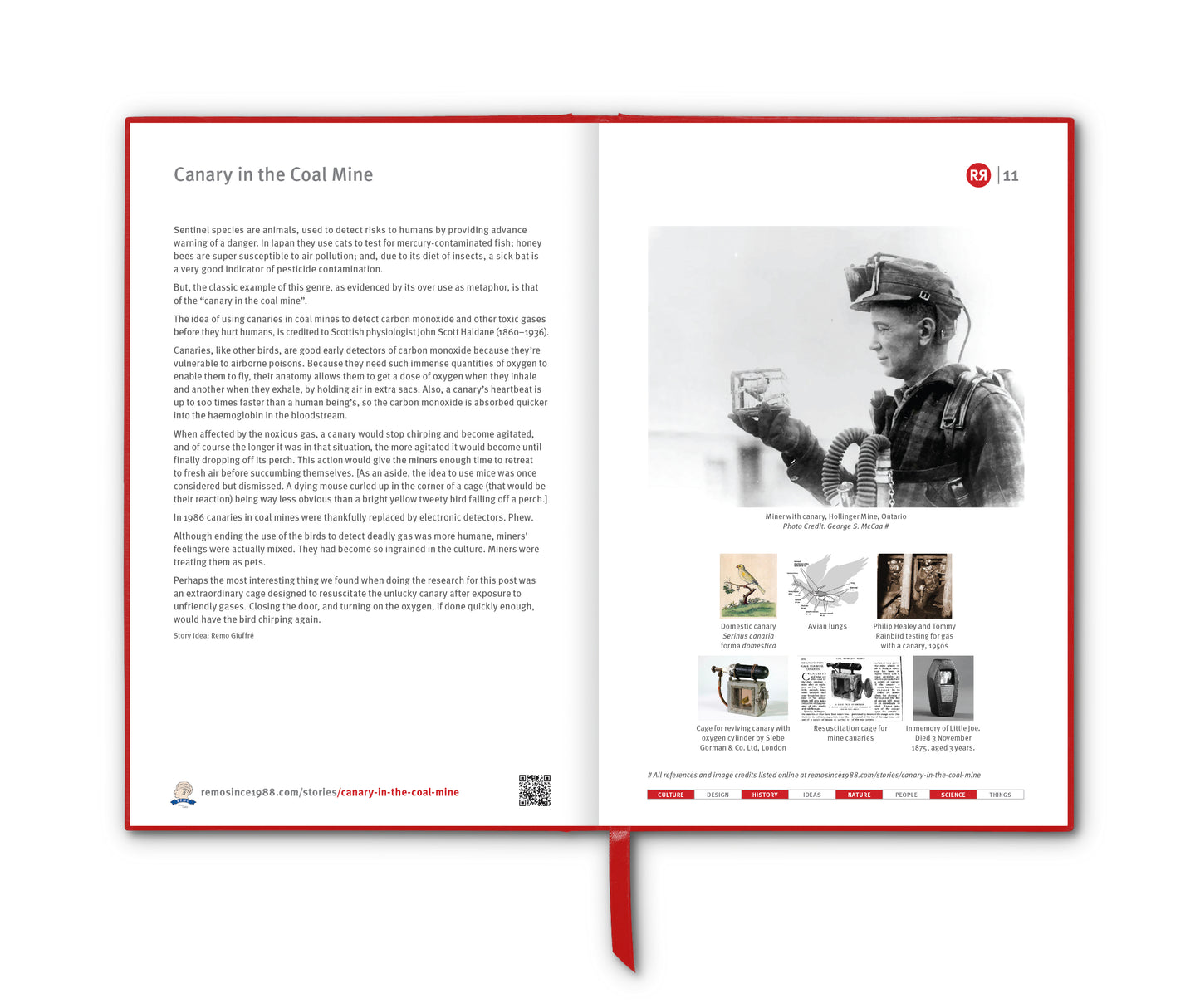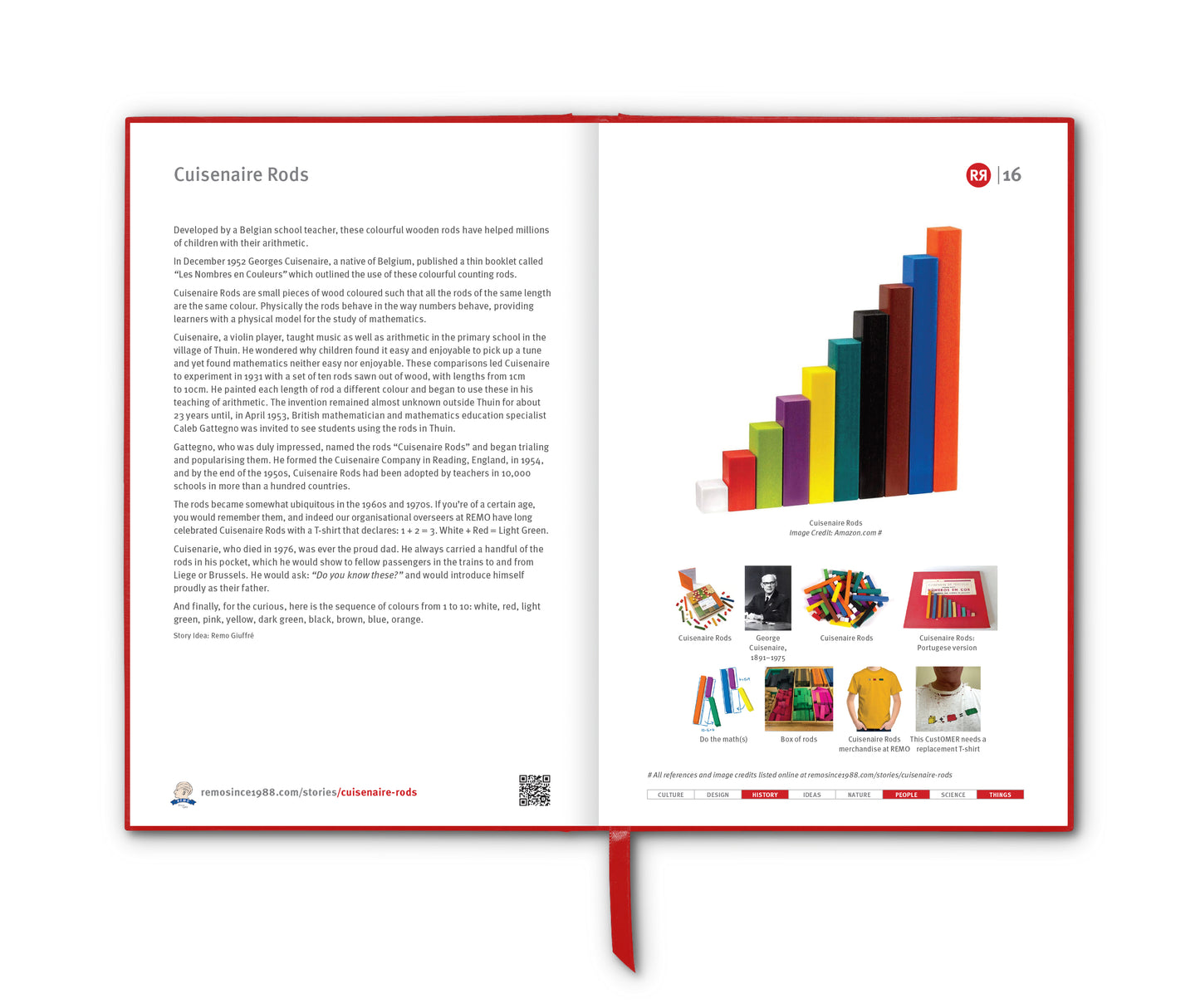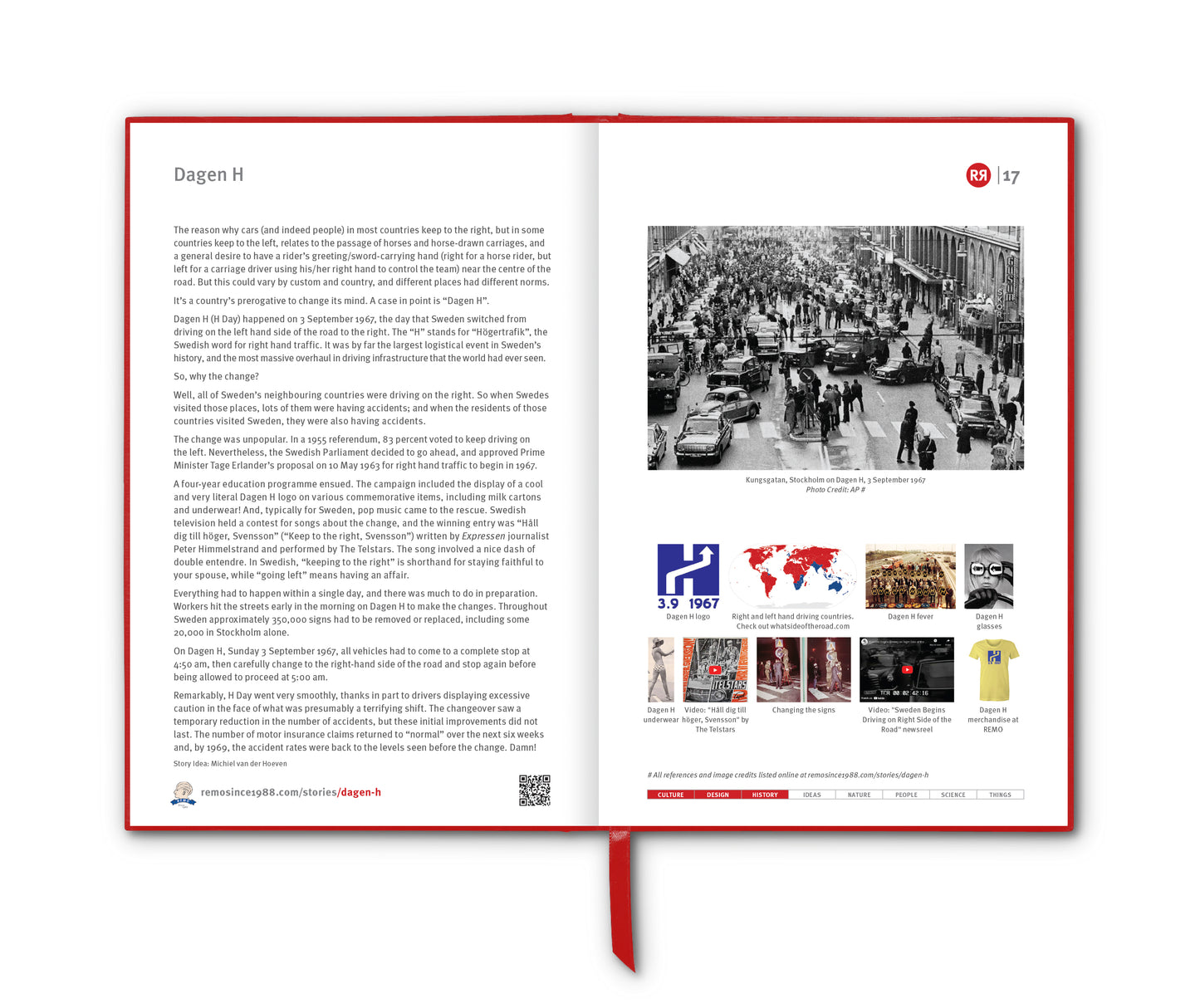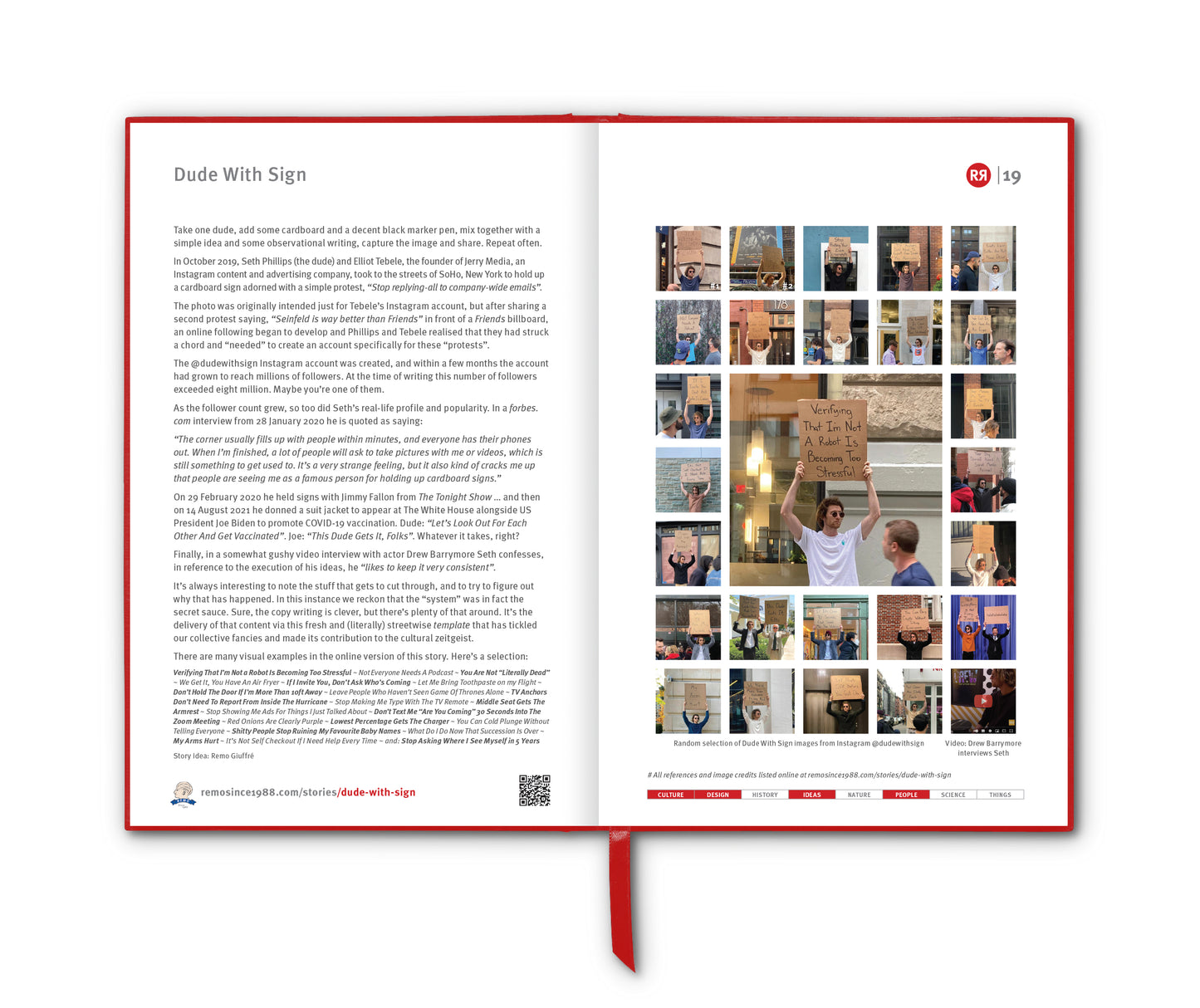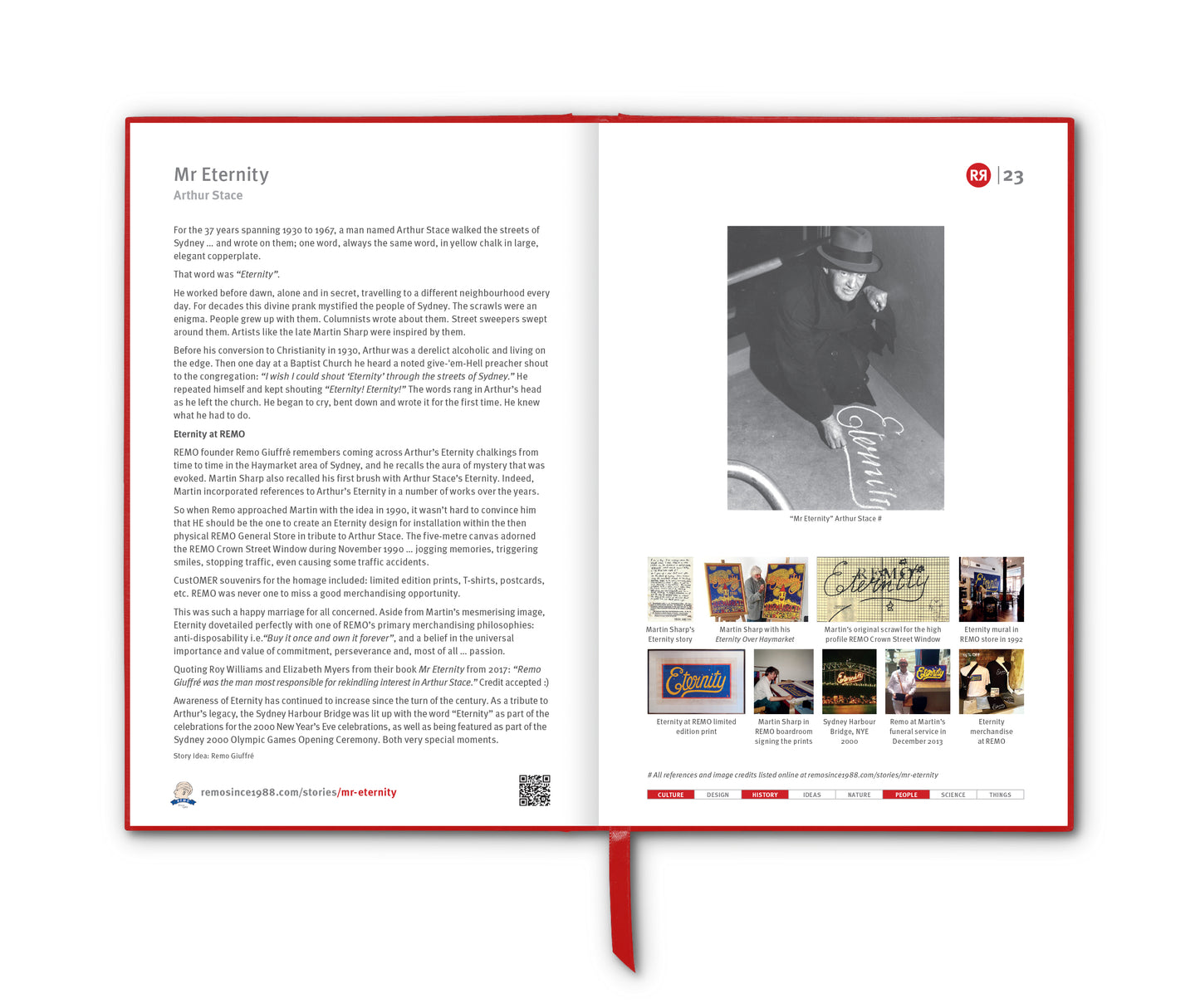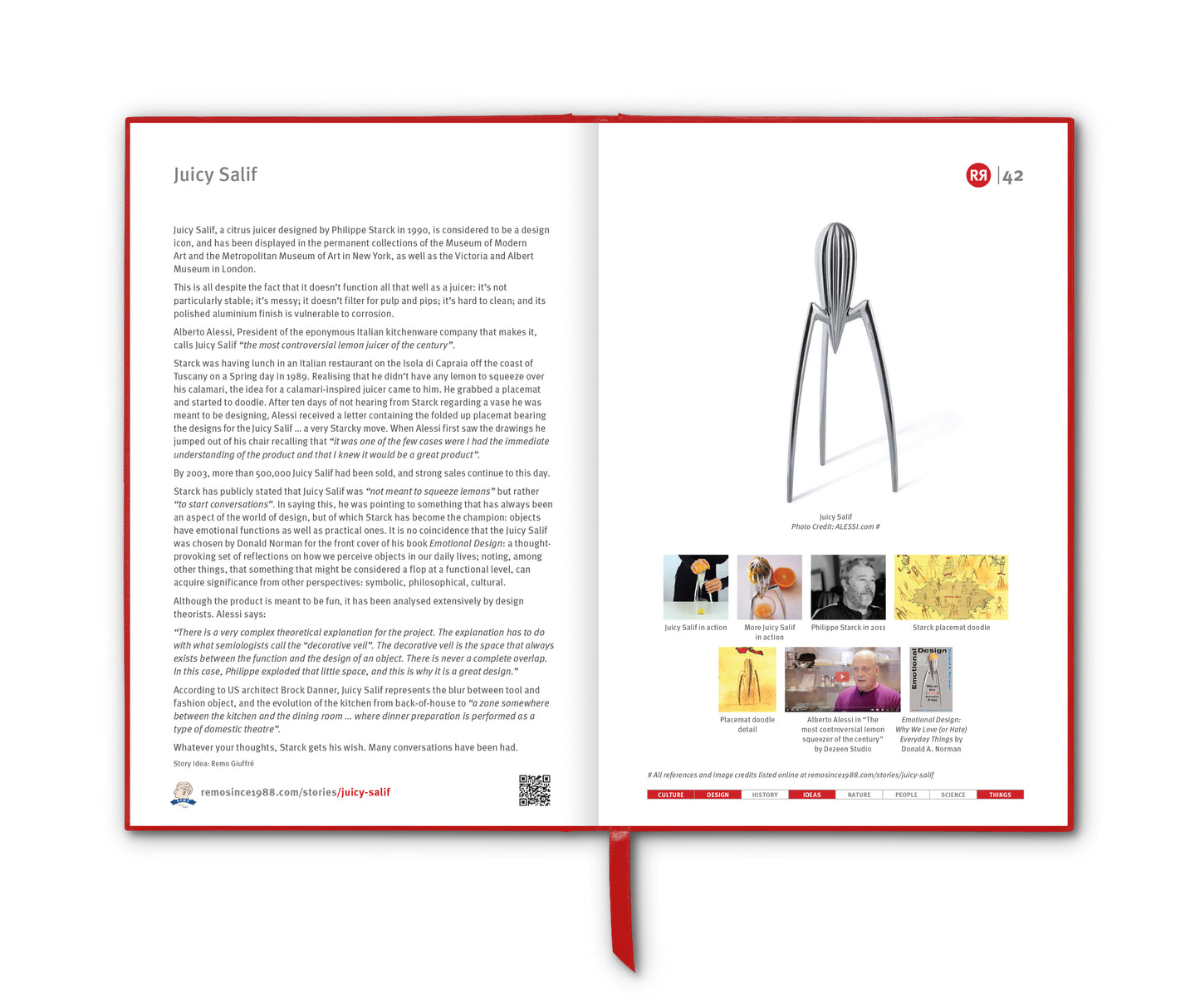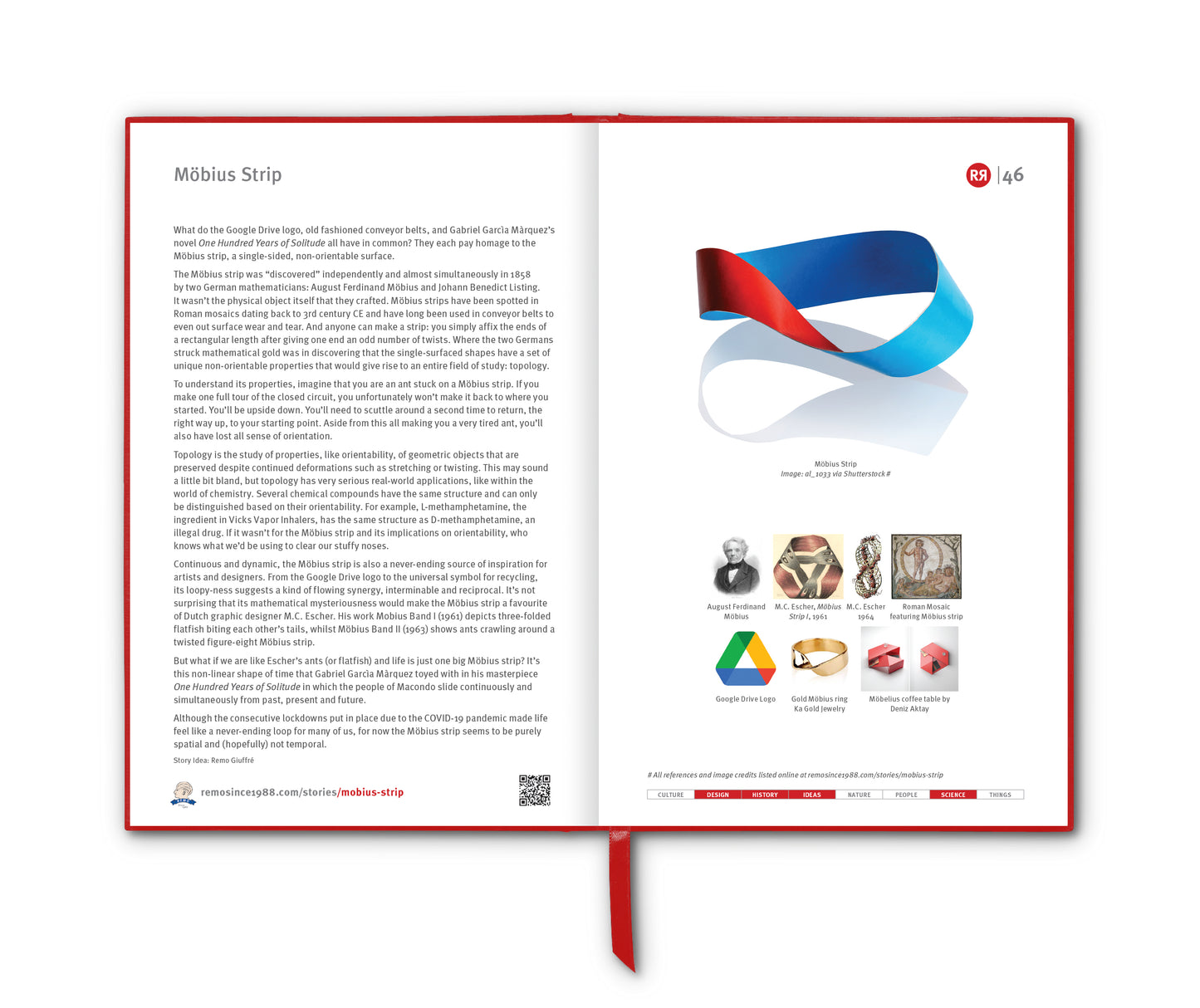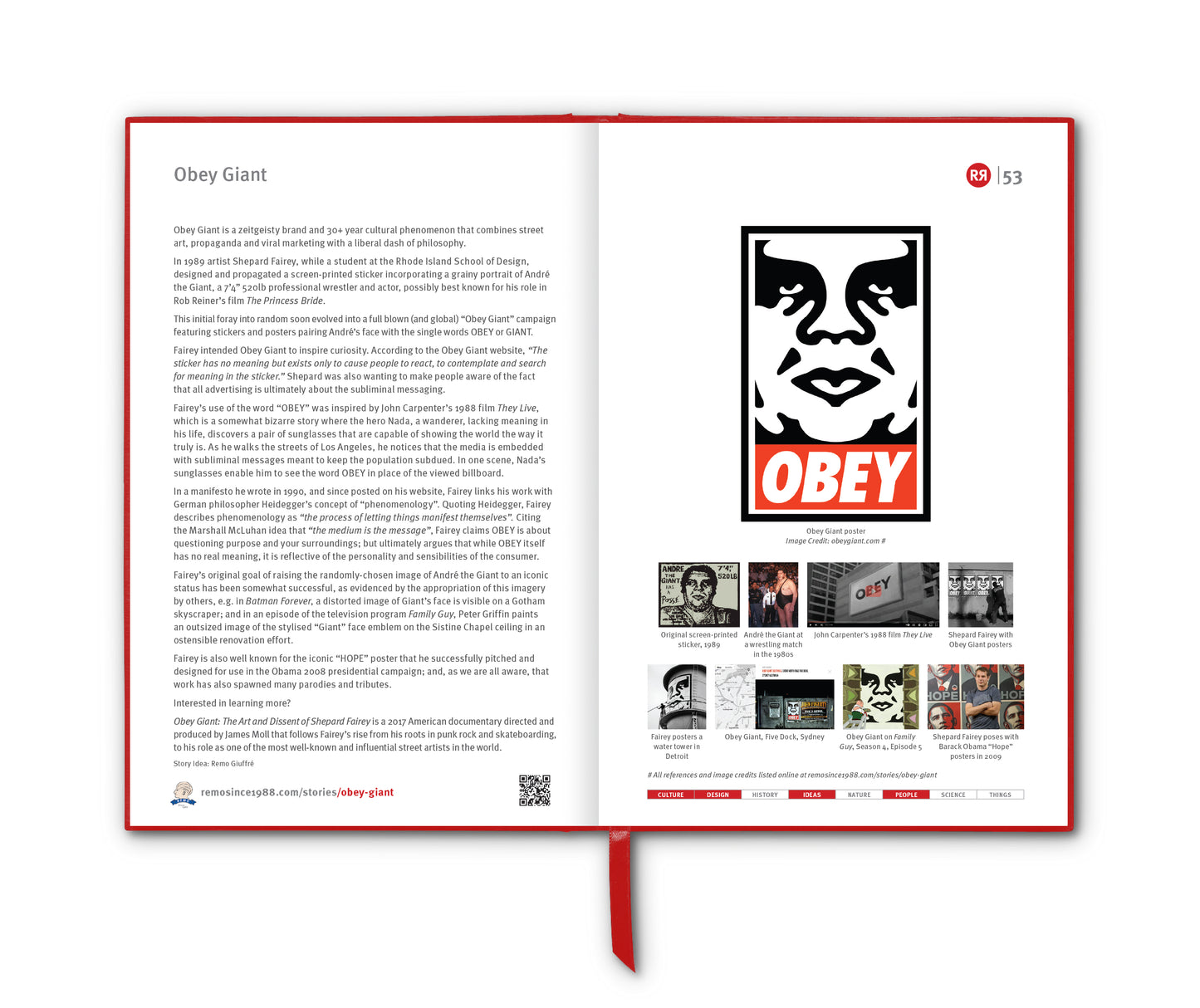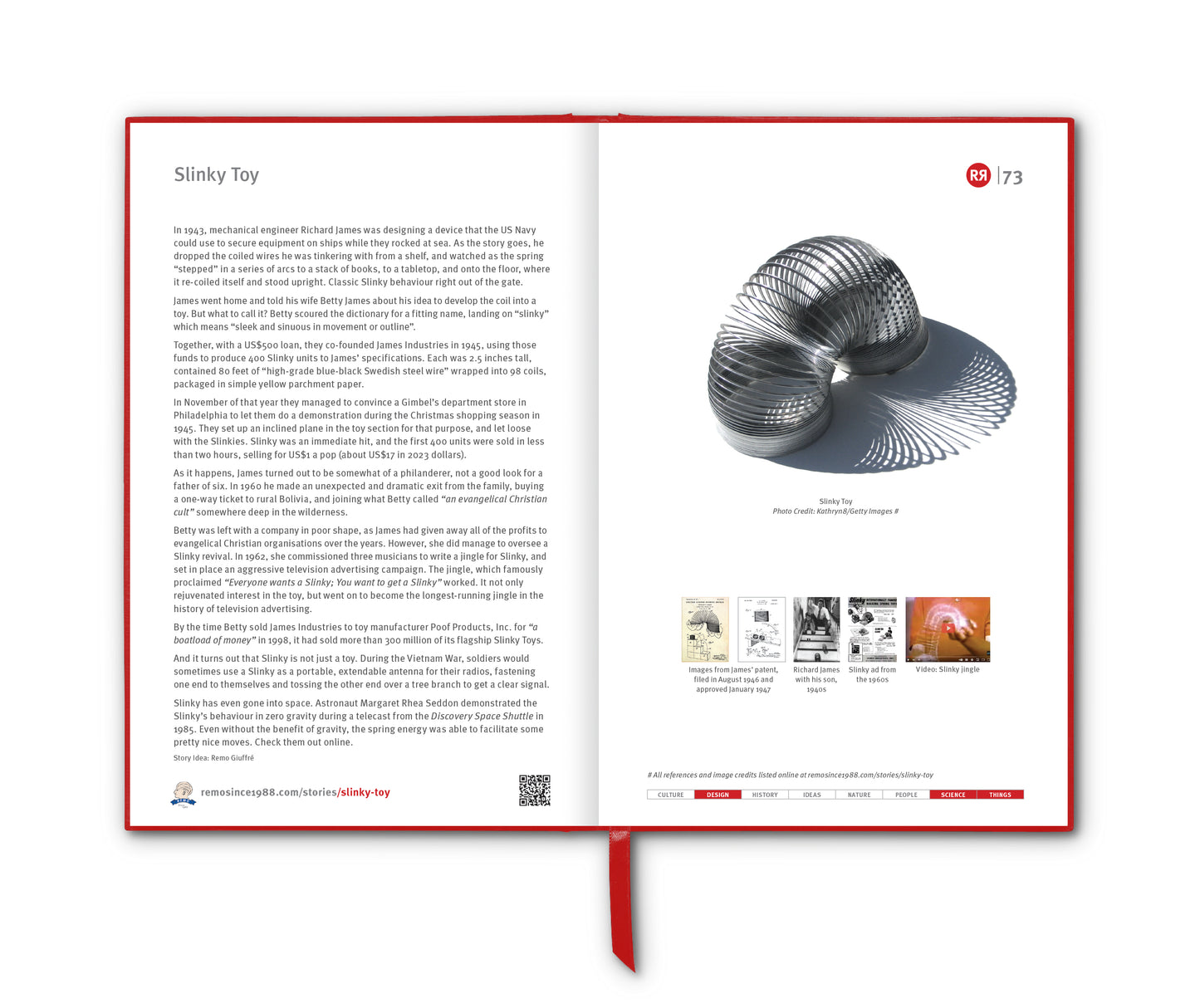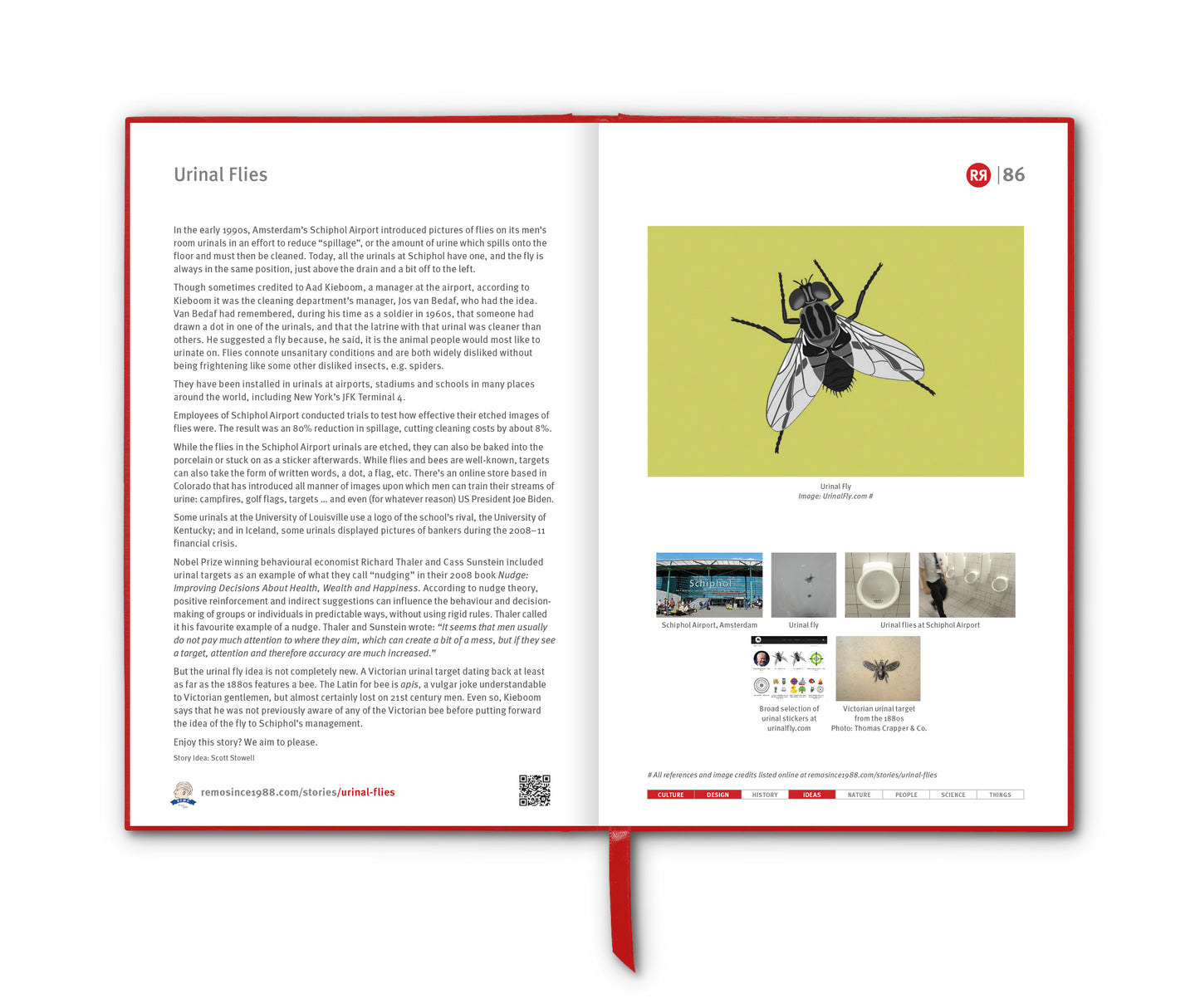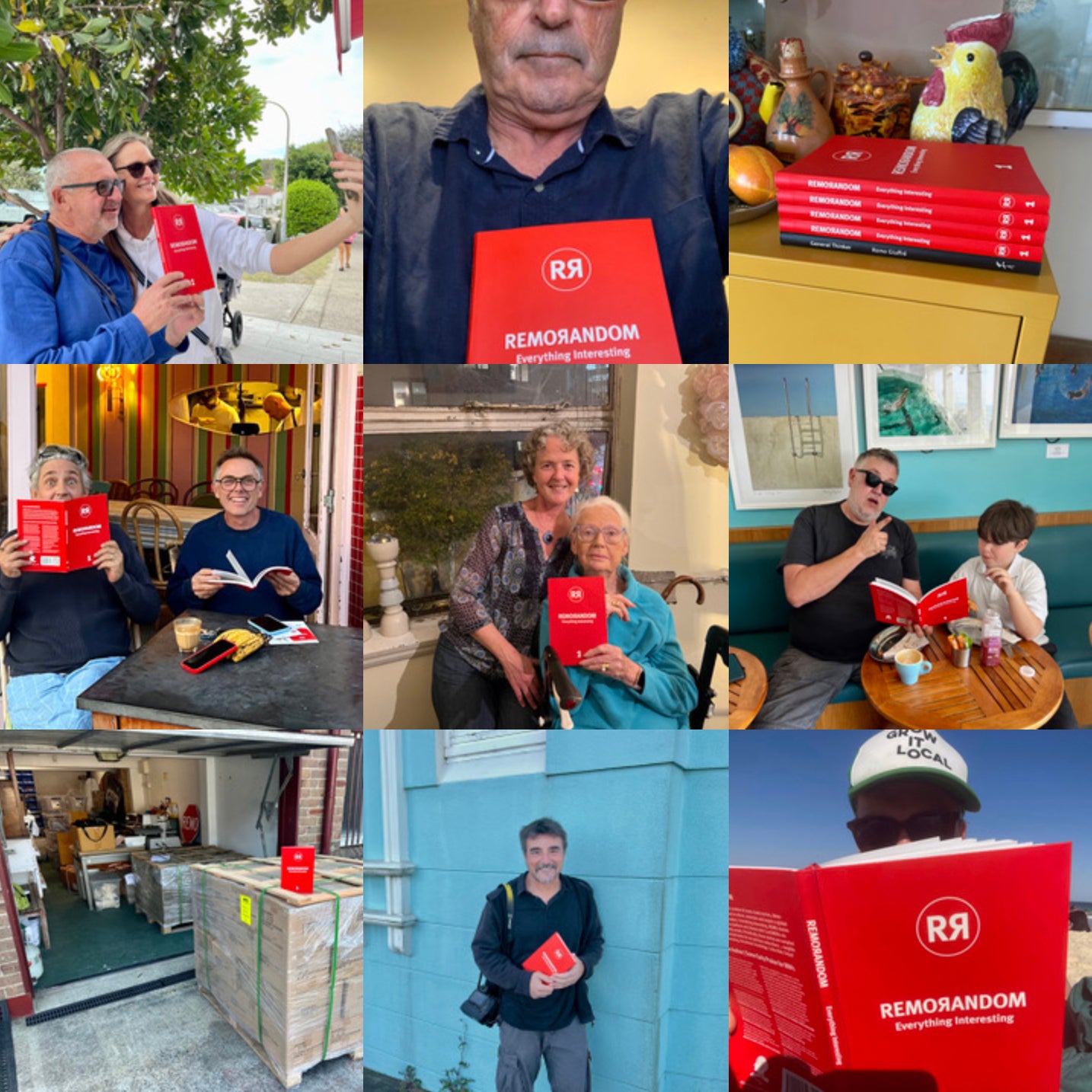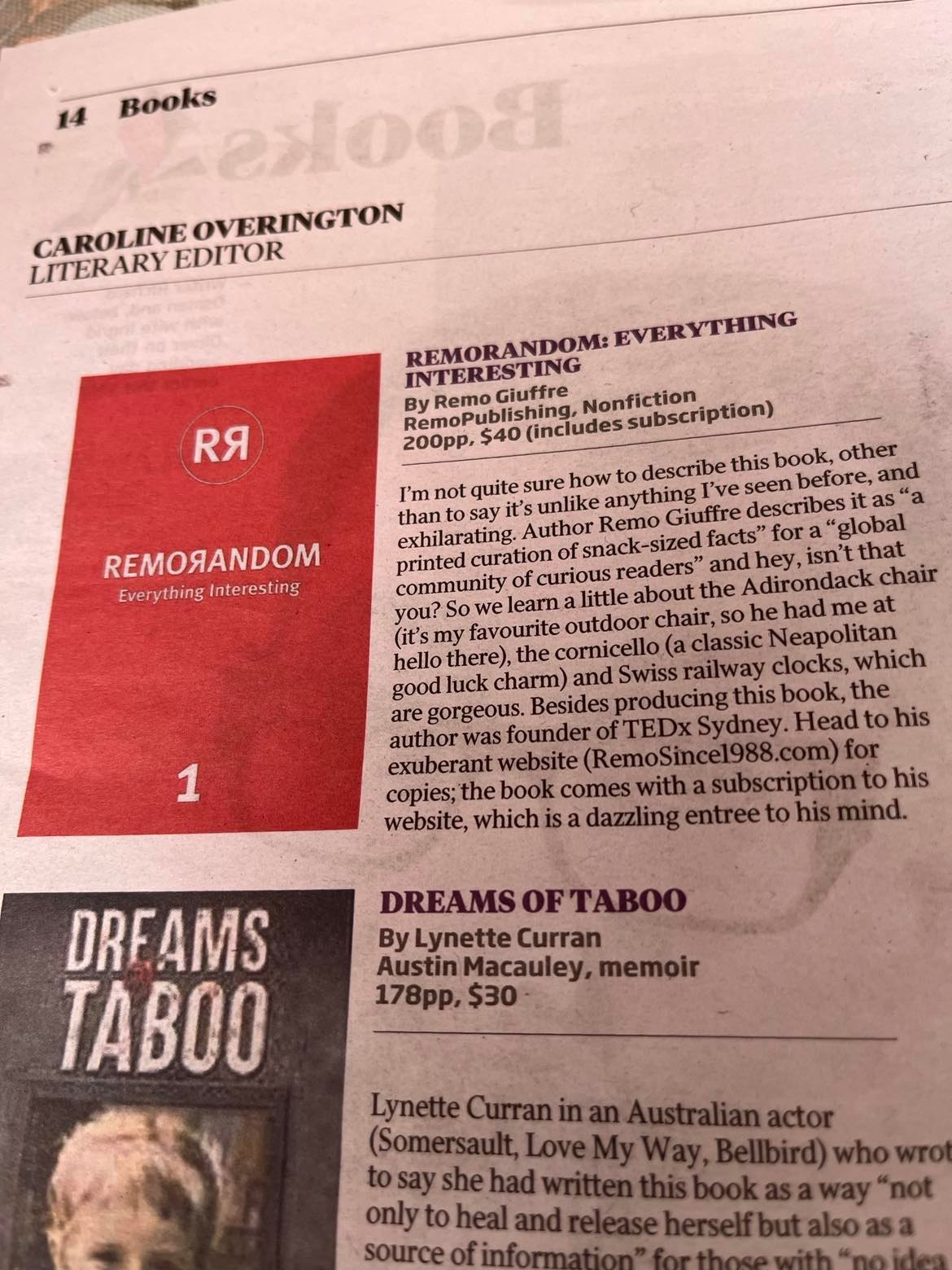As far back as the 19th century, a cookie very similar in appearance to the modern fortune cookie was made in Kyoto, Japan. The Japanese version of the cookie contain a fortune; however, the small slip of paper was wedged into the bend of the cookie rather than placed inside the hollow portion. This kind of cookie is called tsujiura senbei (辻占煎餅) and is still sold in some regions of Japan.
Despite a competing claim from David Jung, founder of the Hong Kong Noodle Company in Los Angeles, Makoto Hagiwara of Golden Gate Park's Japanese Tea Garden in San Francisco is reported to have been the first person in the United States to have served its customers the modern version of the so-called “fortune cookie” when he did so at the tea garden in the 1890s or early 1900s. Those fortune cookies were made by a San Francisco bakery, Benkyodo.
Fortune cookies (typically made with a base of flour, sugar, vanilla and sesame oil) moved from being a confection dominated by Japanese-Americans to one dominated by Chinese-Americans sometime around World War II. One theory for why this occurred is because of the Japanese American internment during World War II, which forcibly put over 100,000 Japanese-Americans in internment camps, including those who had produced fortune cookies. This gave an opportunity for the Chinese-American manufacturers to become dominant.
Today, there are approximately 3 billion fortune cookies made each year globally, the majority of them consumed in the United States as a novelty treat served after meals at Chinese restaurants.
The largest manufacturer of the cookies is Wonton Food, Inc., headquartered in Brooklyn, New York. They make over 4.5 million fortune cookies per day.
And what about the fortunes themselves?
Since 2017, James Wong, whose family founded Wonton Food, has written fortunes for the company, which has a database of more than 10,000 messages.
In a 2019 interview with the BBC, Wong said it can be challenging to write universally pleasing and uplifting sentiments. “We need to bring happy messages. We want to make people feel good,” he said. “And, there’s always an expectation of some type of fortune-telling.”
He has become expert in the wily craft of ambiguous messaging whereby just about anything can be interpreted favourably by the reader. Some people hang onto their fortunes when they happen to say what they really want to hear, and Wong has been shown many little slips of paper extracted from the wallets of happy (and presumably satisfied) fortune cookie openers.
Over the years, the inspiration for Wonton Foods’ fortunes have come from diverse sources, ranging from Chinese proverbs to New York City subway signs, and the company has outsourced some fortune writing to freelance writers as well.
Custom fortune cookies have also emerged over the decades, offering personalised, targeted or funny messages. They’ve been vehicles for everything from marriage proposals to political slogans. “You’ll be called to execute good judgement. Vote KENNEDY,” read a 1968 cookie message from Robert F. Kennedy’s presidential campaign. And REMO has also been known to have jumped on the fortune cookie wagon over the years. There was a memorable Christmas window in 1992 and there is still a design in the T-shirt portfolio predicting that "You will wear a lot of T-Shirts." See it HERE.
The humble fortune cookie continues to evolve, and in the end, not knowing what’s in store for us is exactly what makes them such a treat. To quote Wong from his interview, when asked to finish with a sample message: “To love what you do, and feel that it matters. How can anything be more fun?”
Story Idea: Eileen Gittins
_____________________________
References
wikipedia.org/wiki/Fortune_cookie
infoplease.com/culture-entertainment/food/history-fortune-cookie
inspiringquotes.com/the-surprising-history-of-fortune-cookies
kqed.org/news/11742748/unwrapping-the-california-origins-of-the-fortune-cookie
bbc.co.uk/sounds/play/p07j4z9r
Images
1. Fortune Cookie
2. Baking Tsujiura Senbei, or Japanese fortune cookies, in the Edo period (1603–1868), from a book written in 1878
3. Benkyodo bakery in San Francisco
4. Fortune cookies being made at Wonton Foods in Brooklyn, New York
5. James Wong at Wonton Foods. Photo credit: Colm Flynn.
6. REMO Crown Street Window, December 1992
7. Design T Shirt: You will wear a lot of T Shirts
8. Design Enamel Mug: You will drink a lot of coffee


















